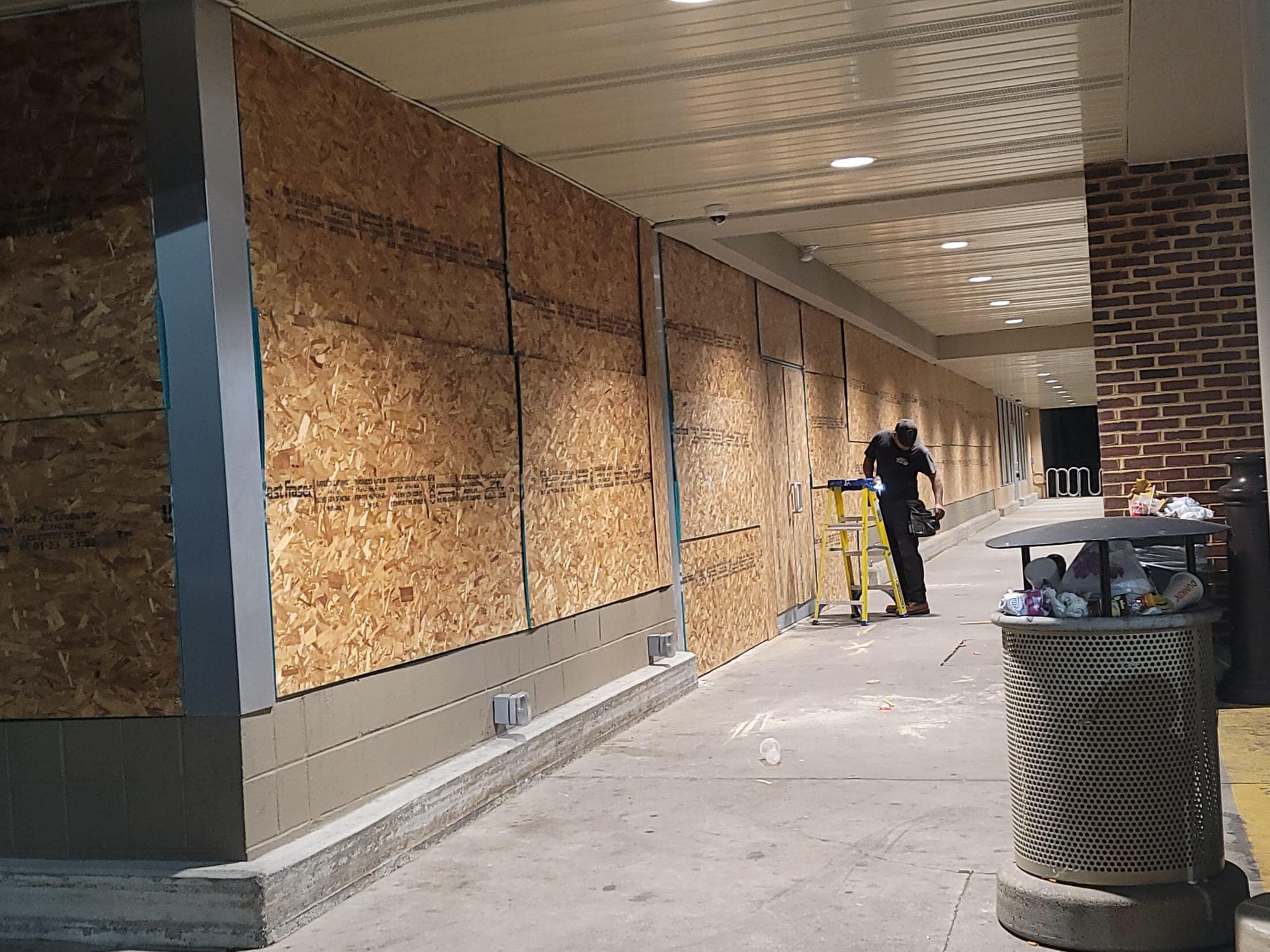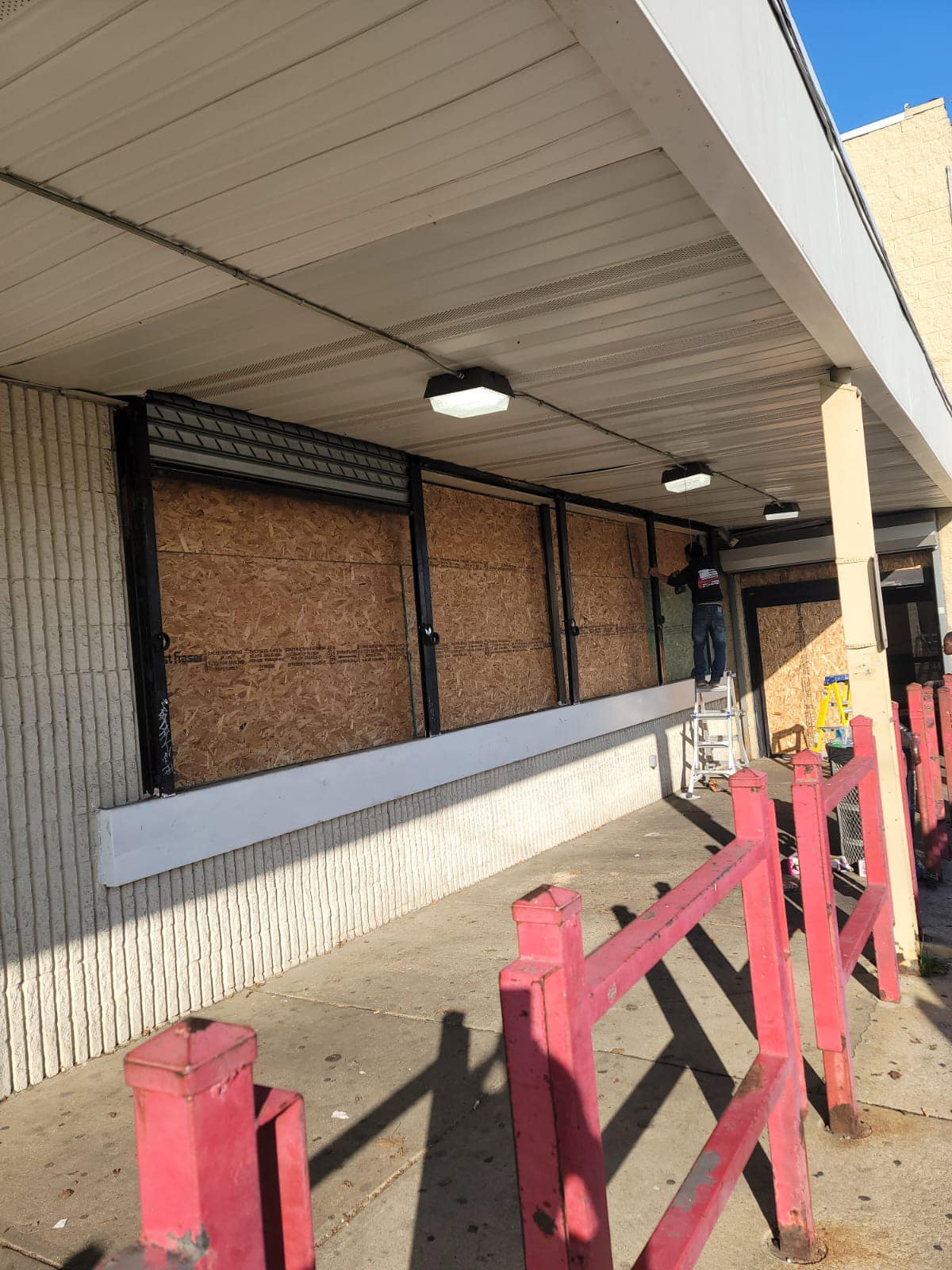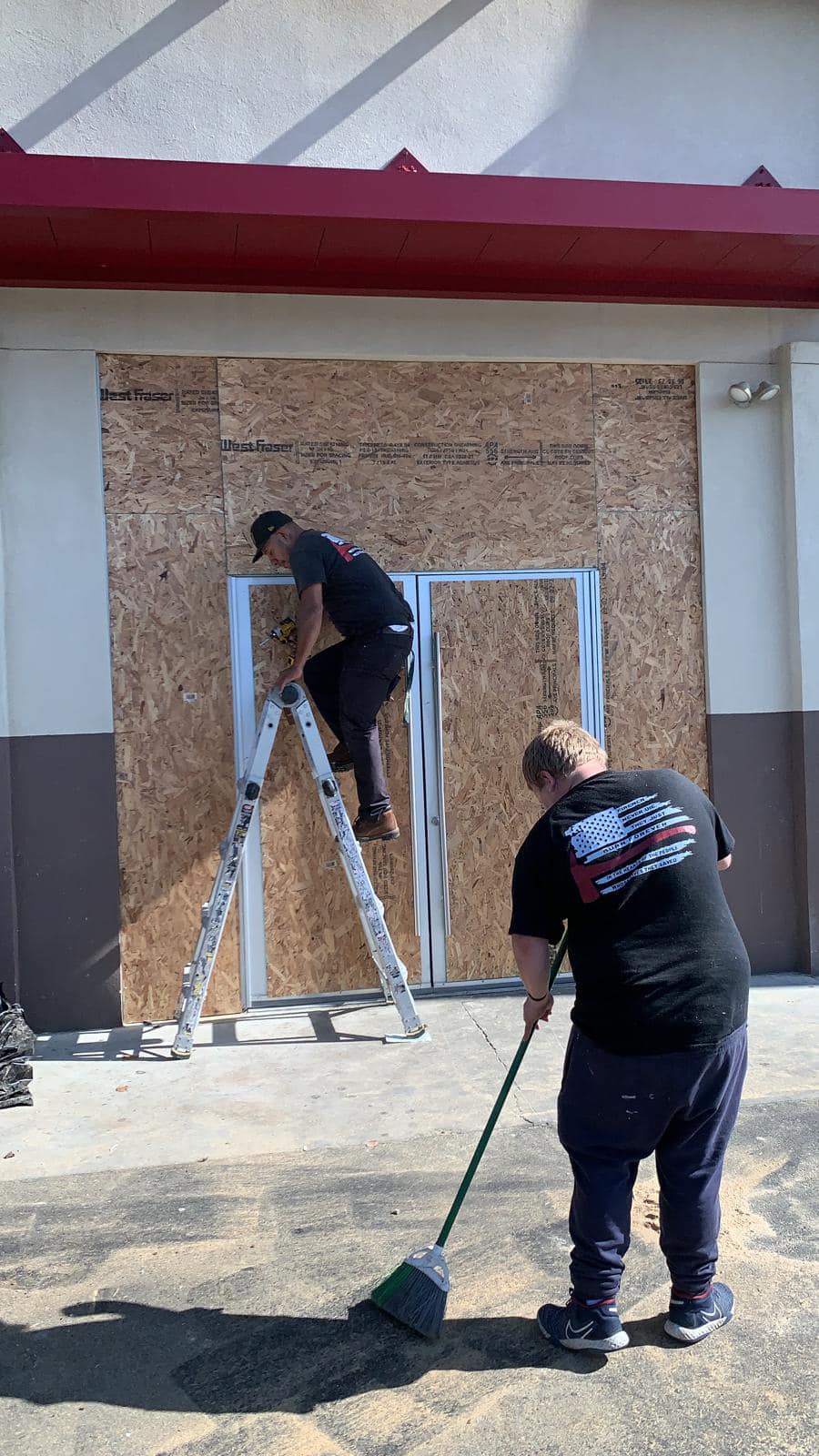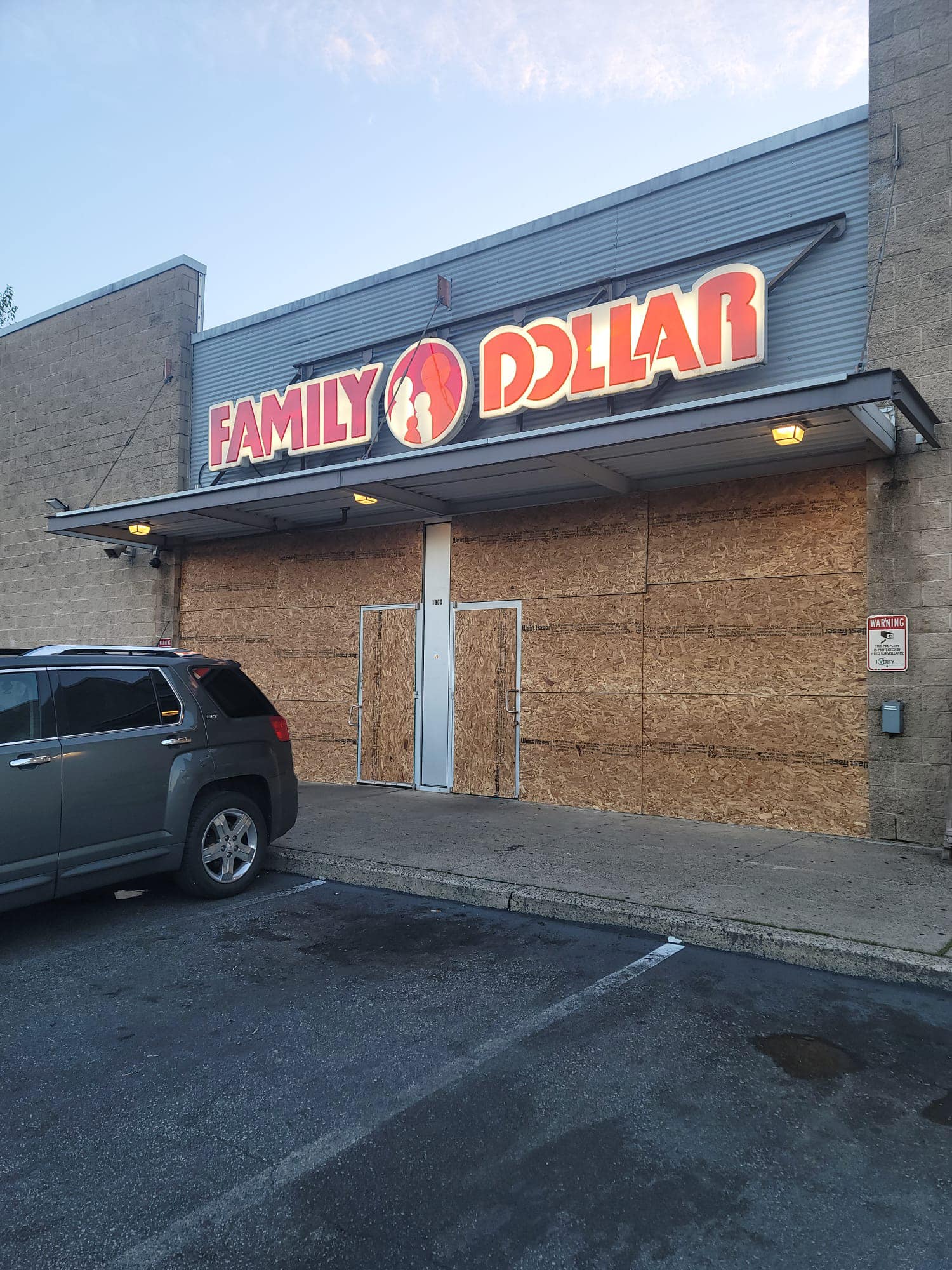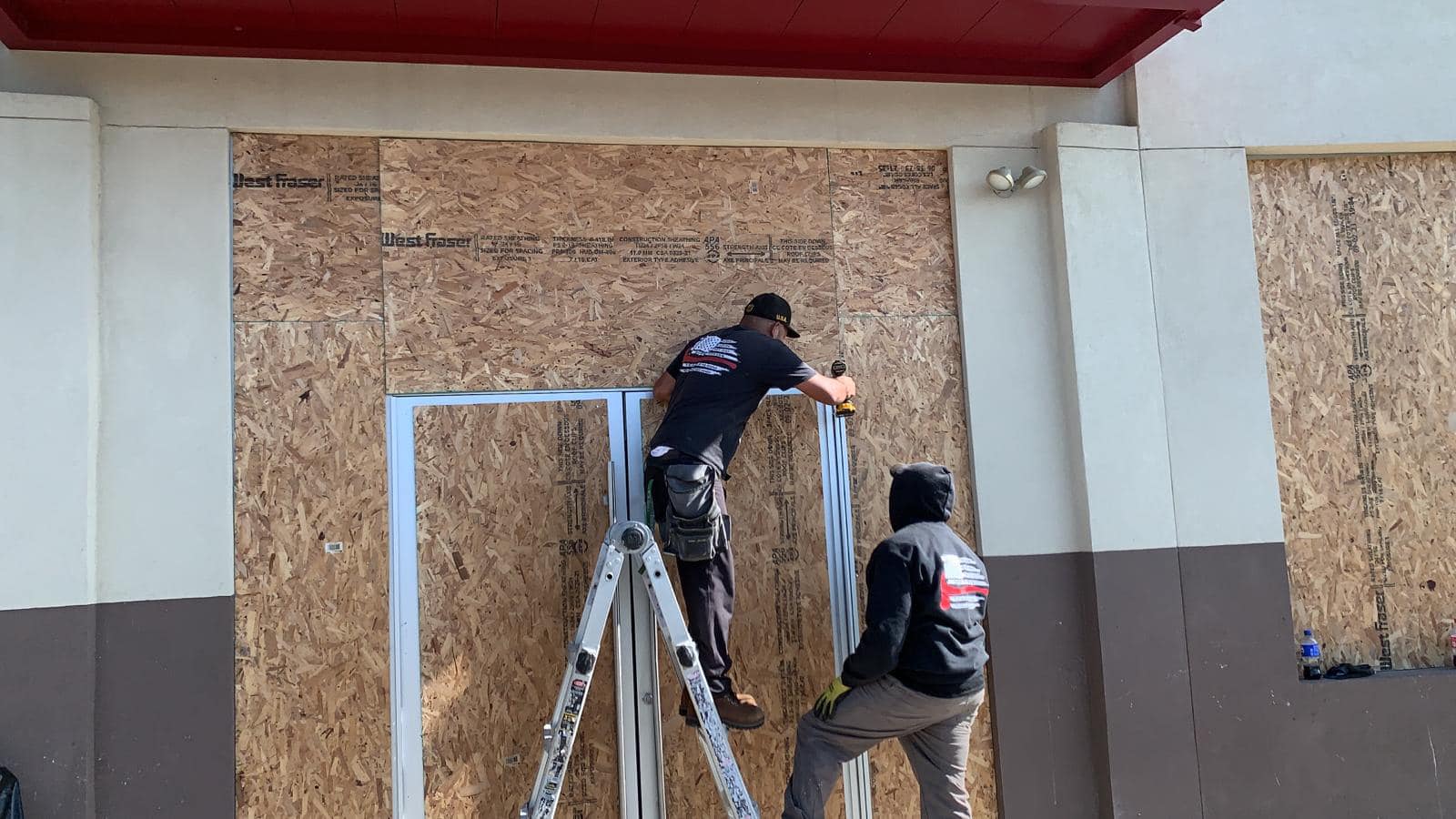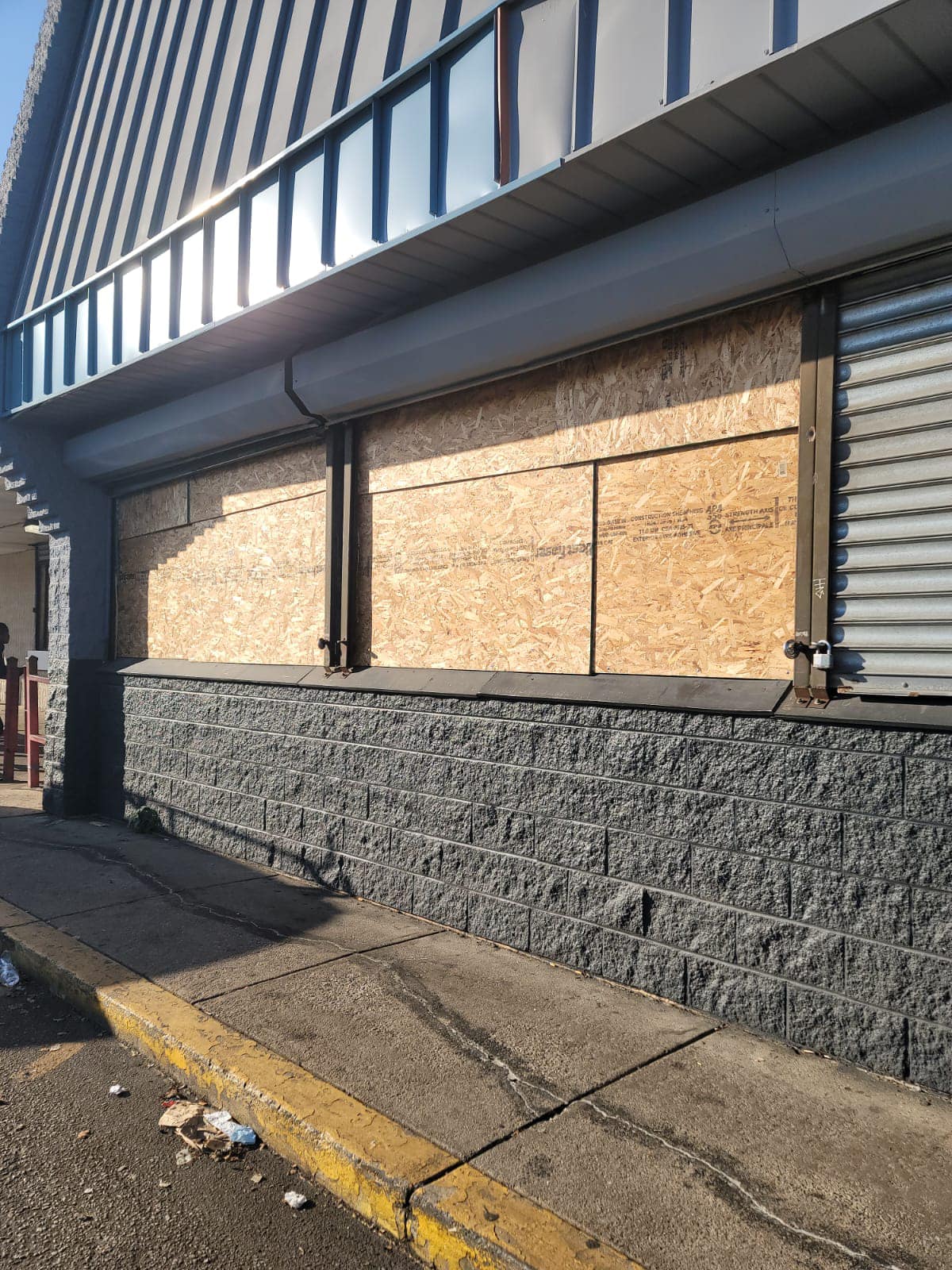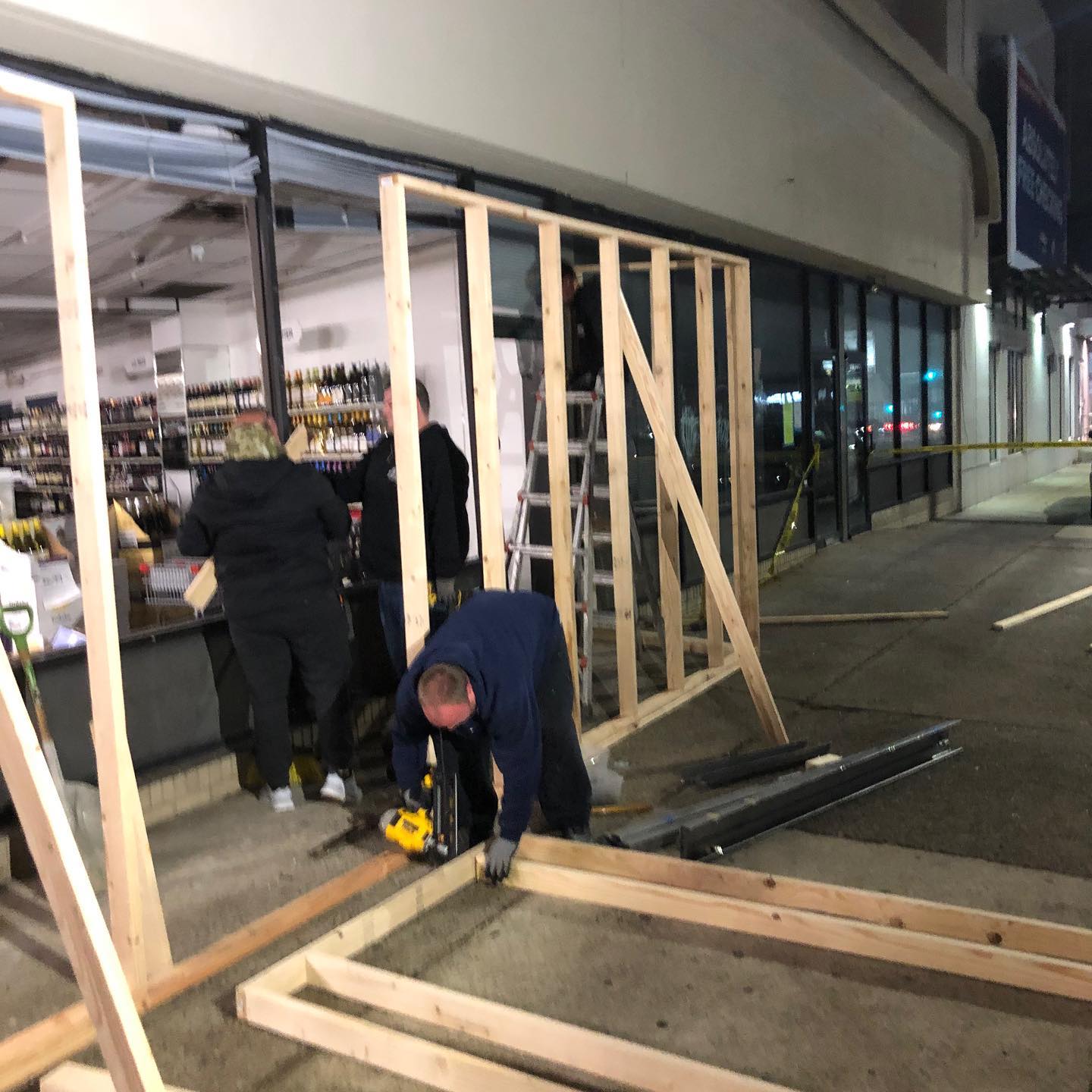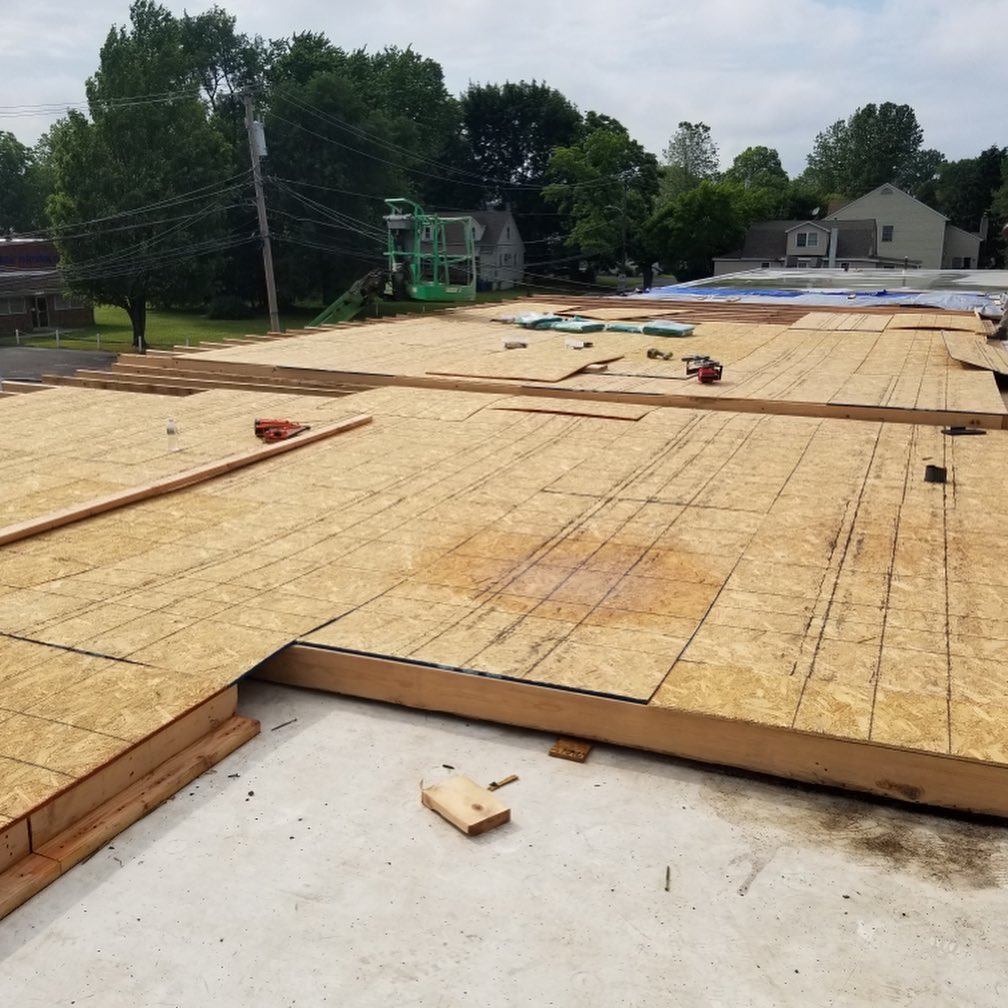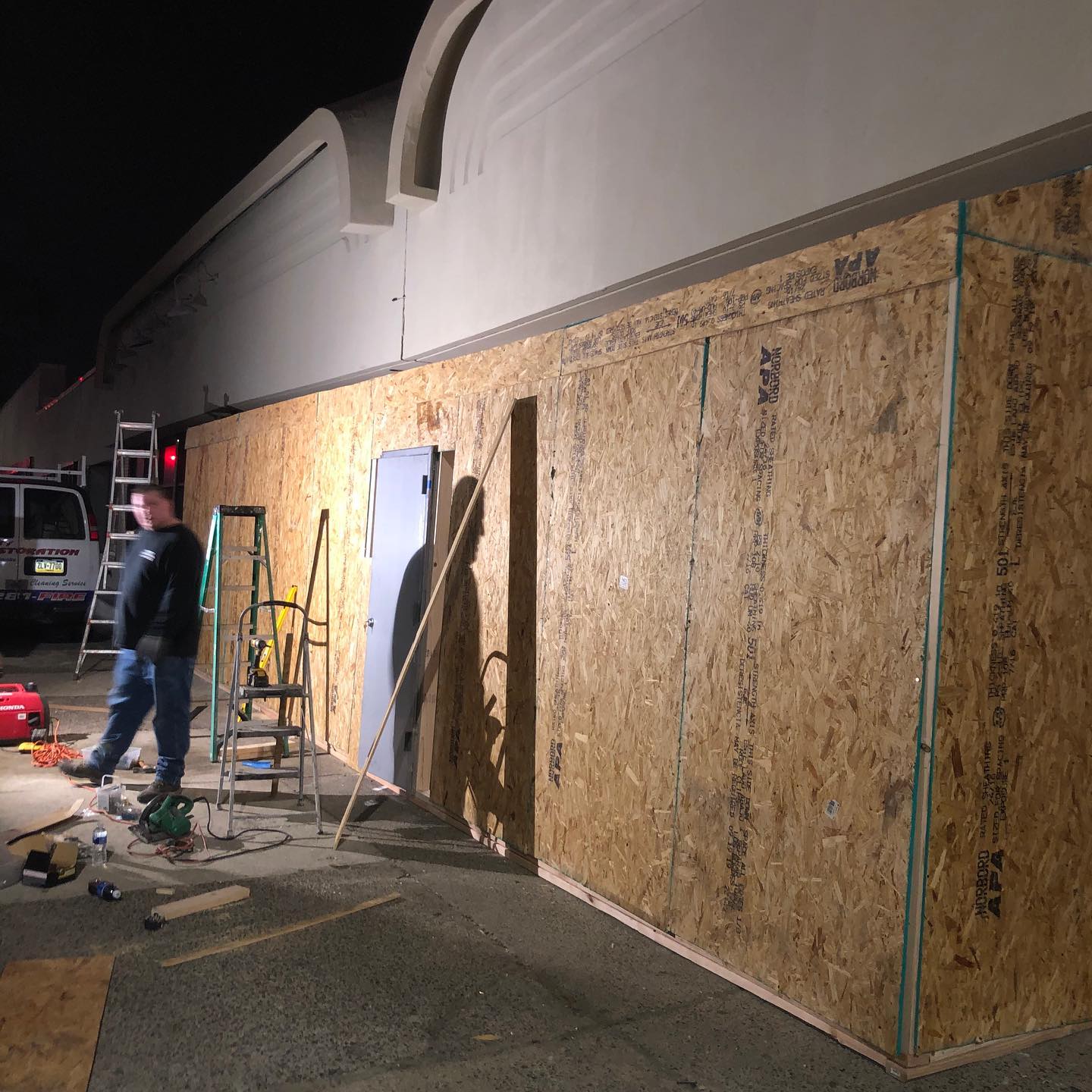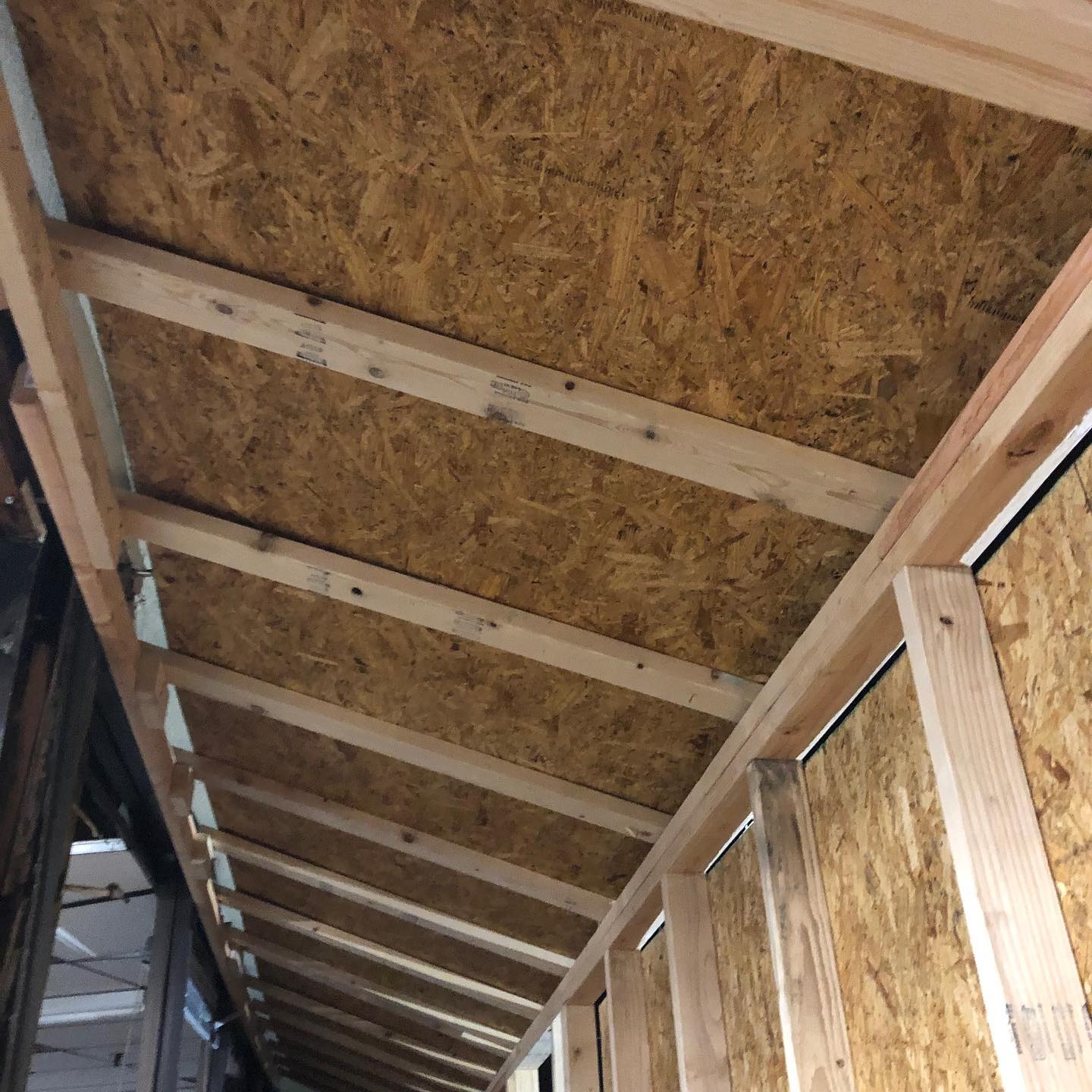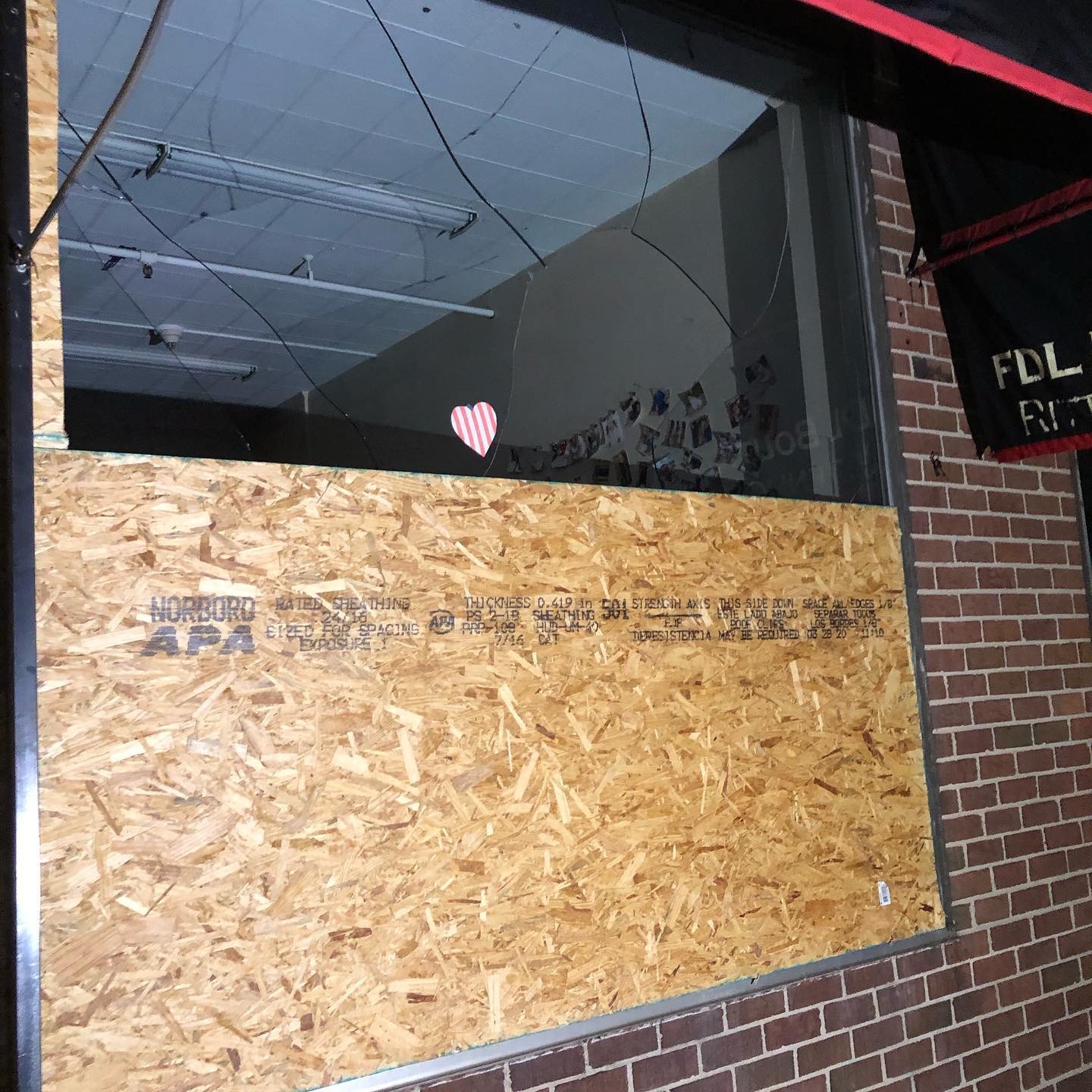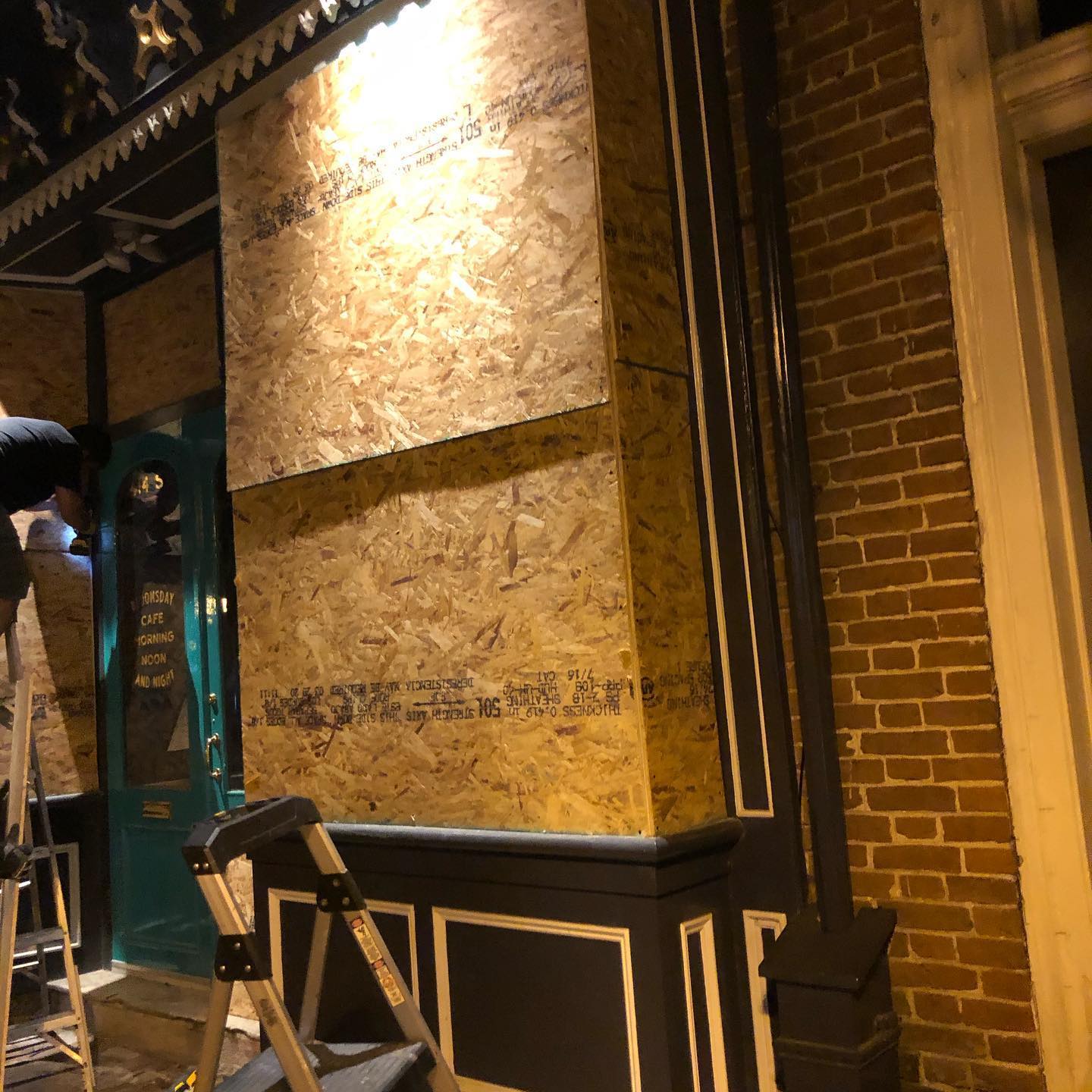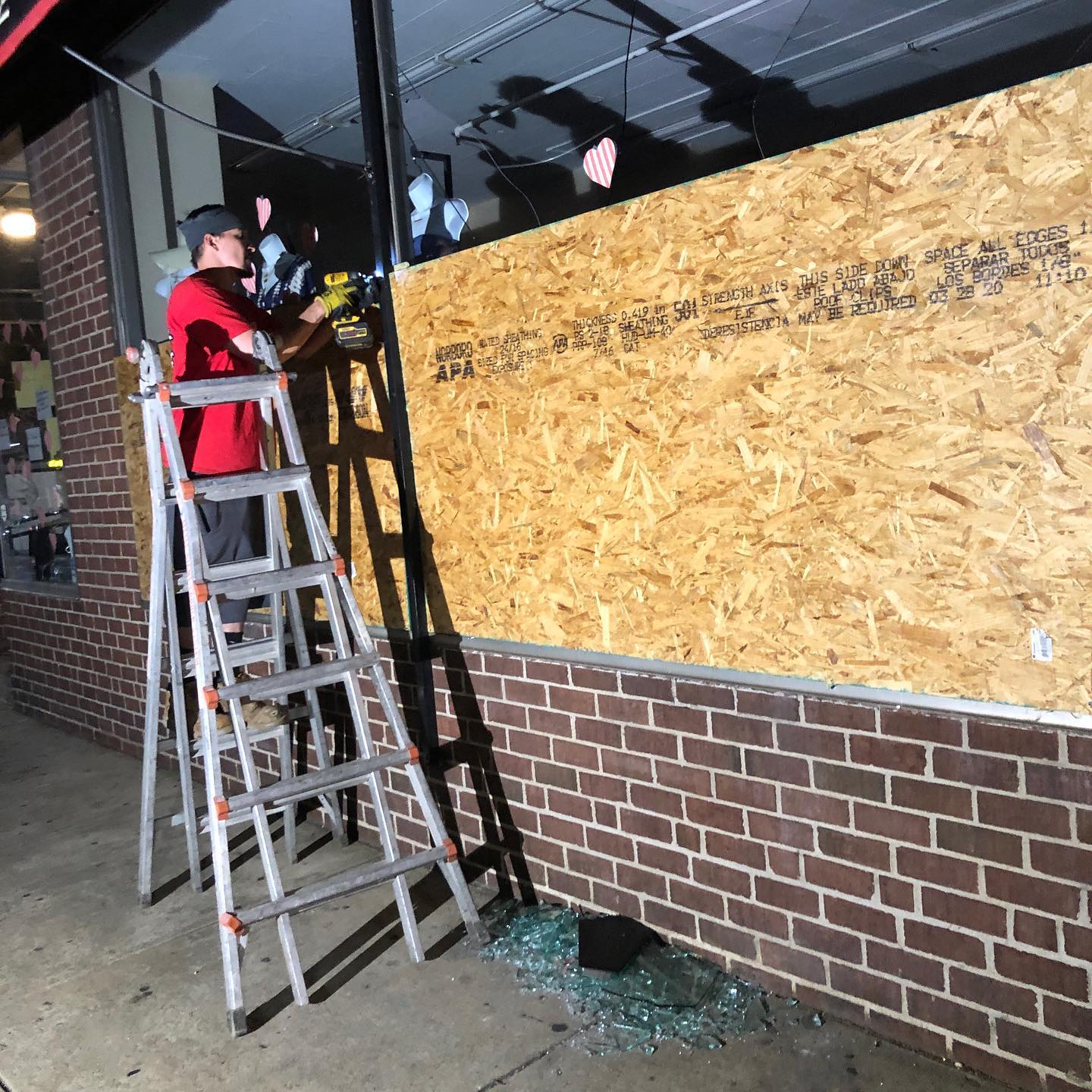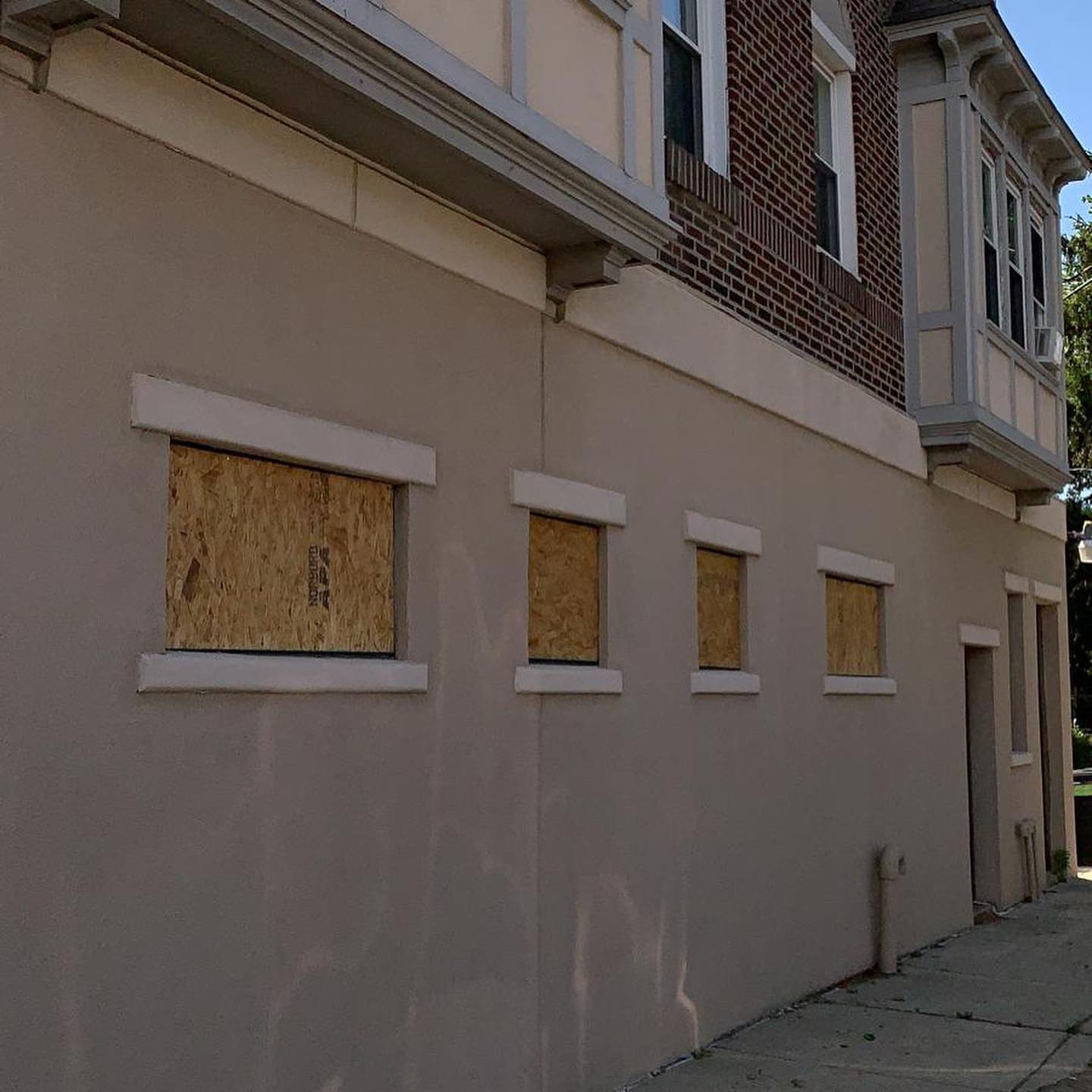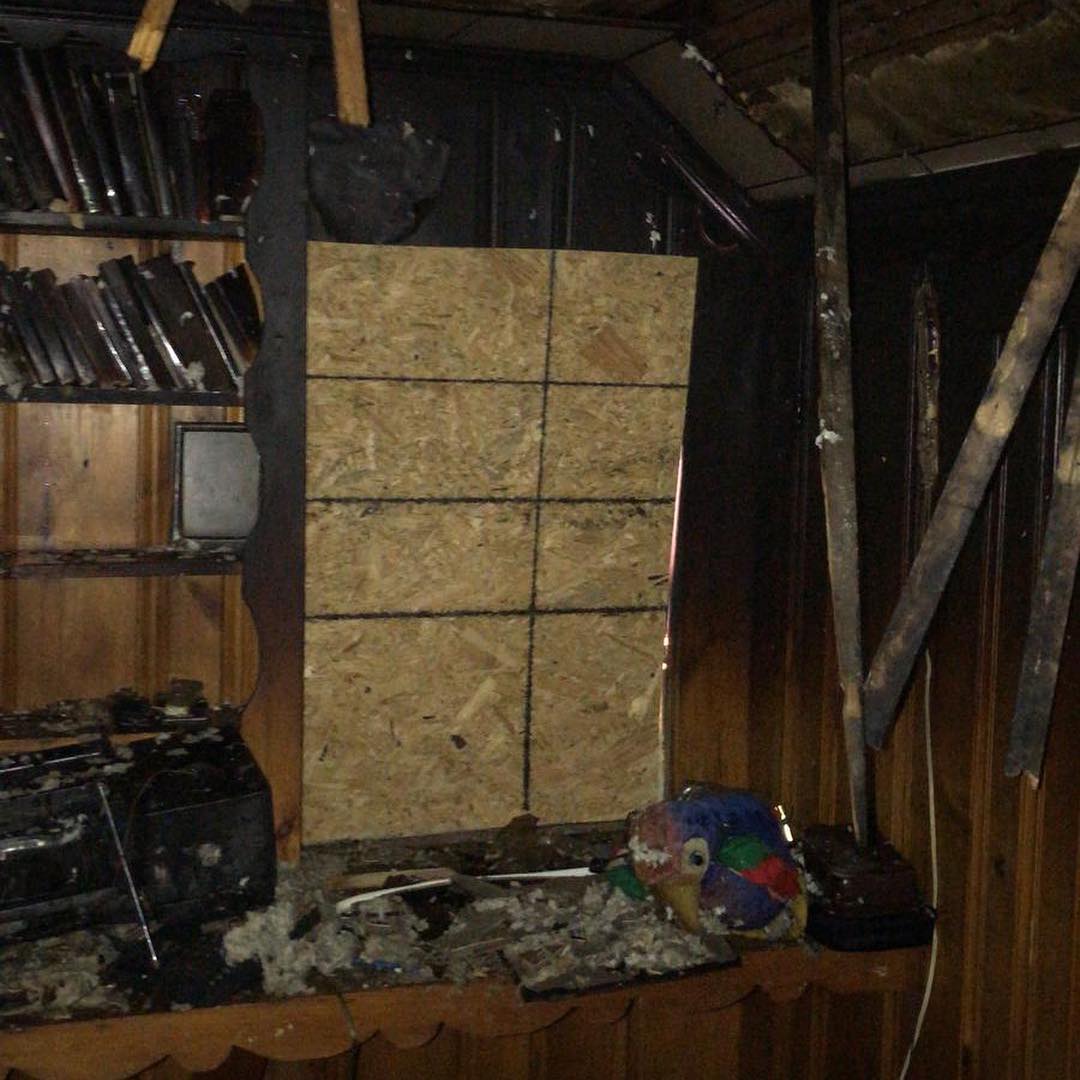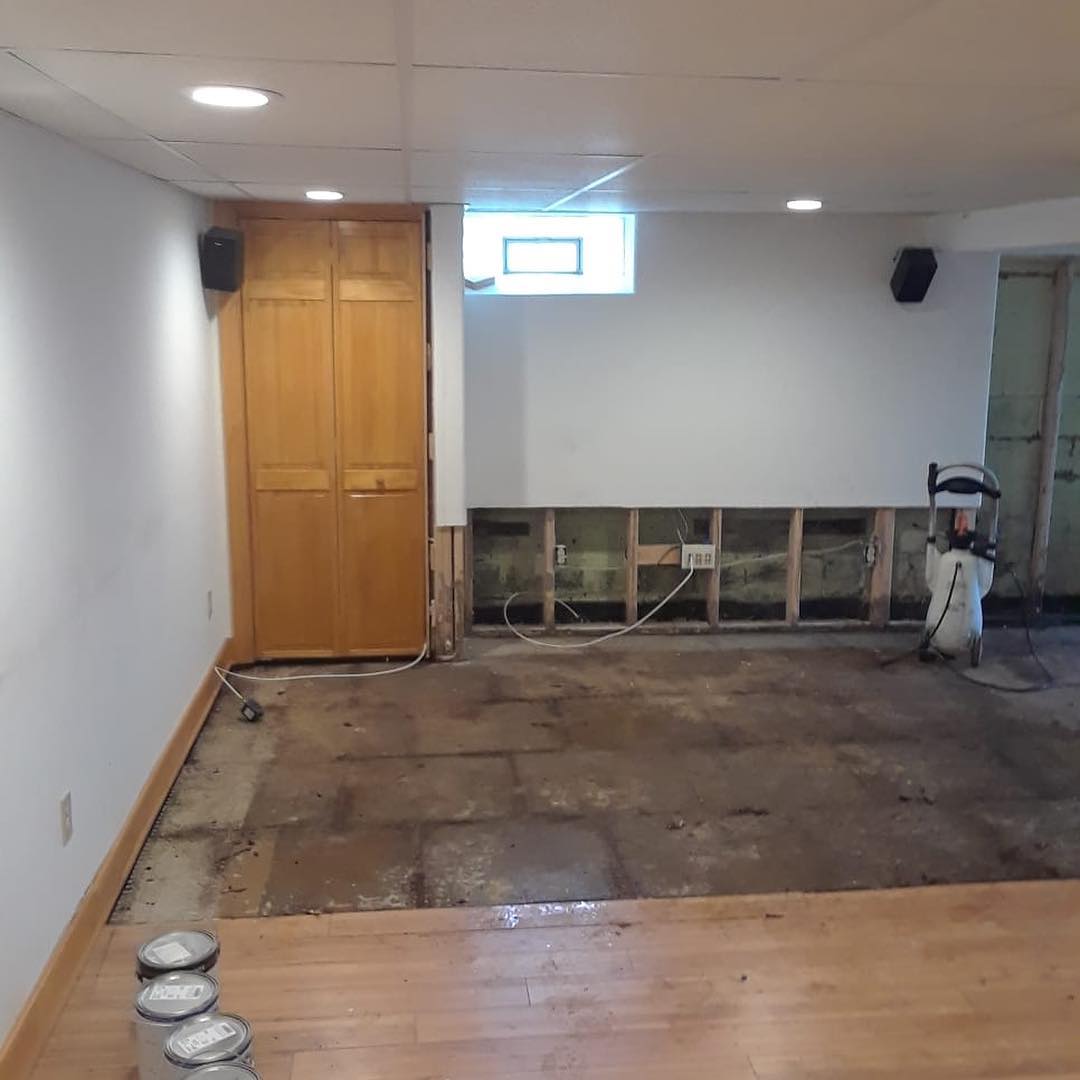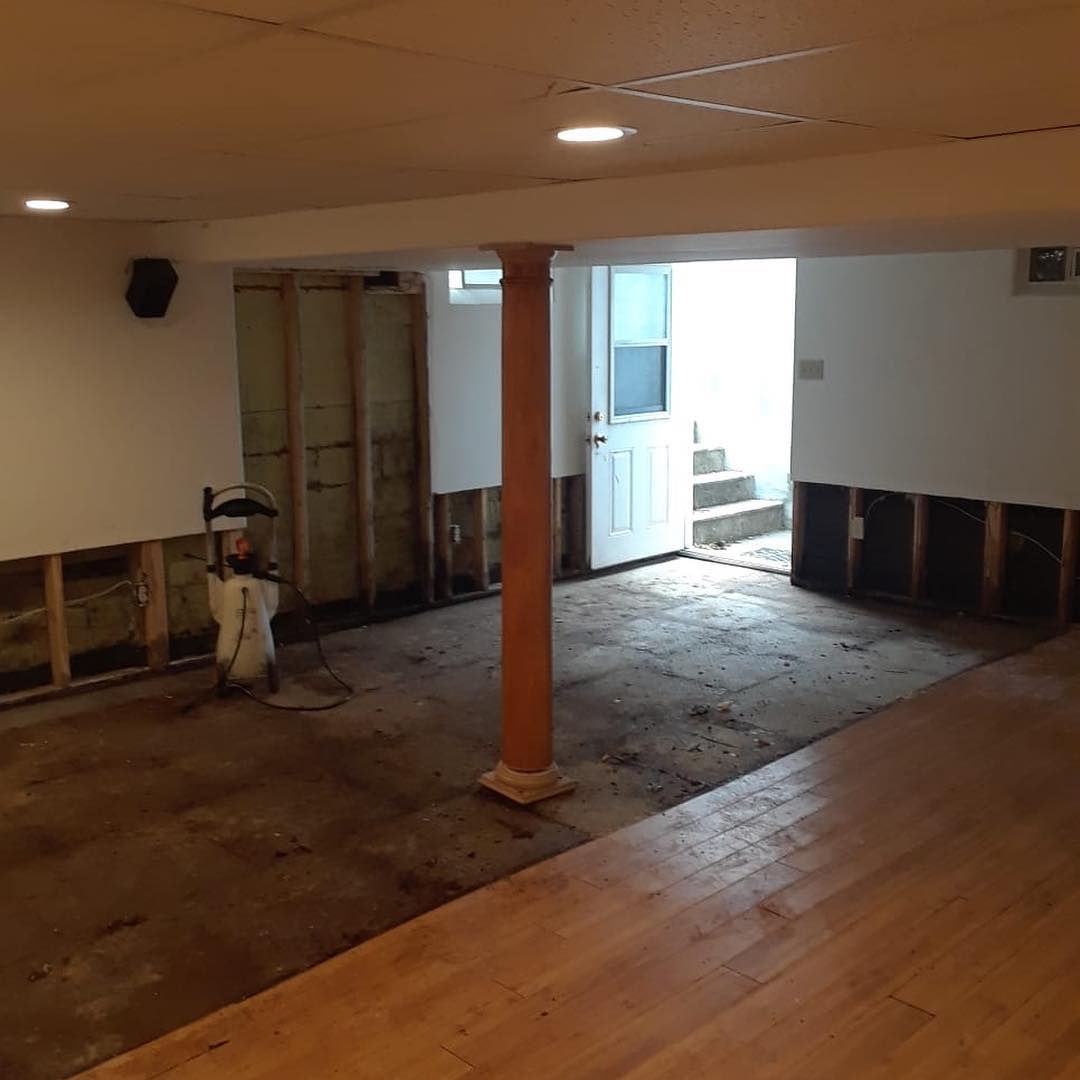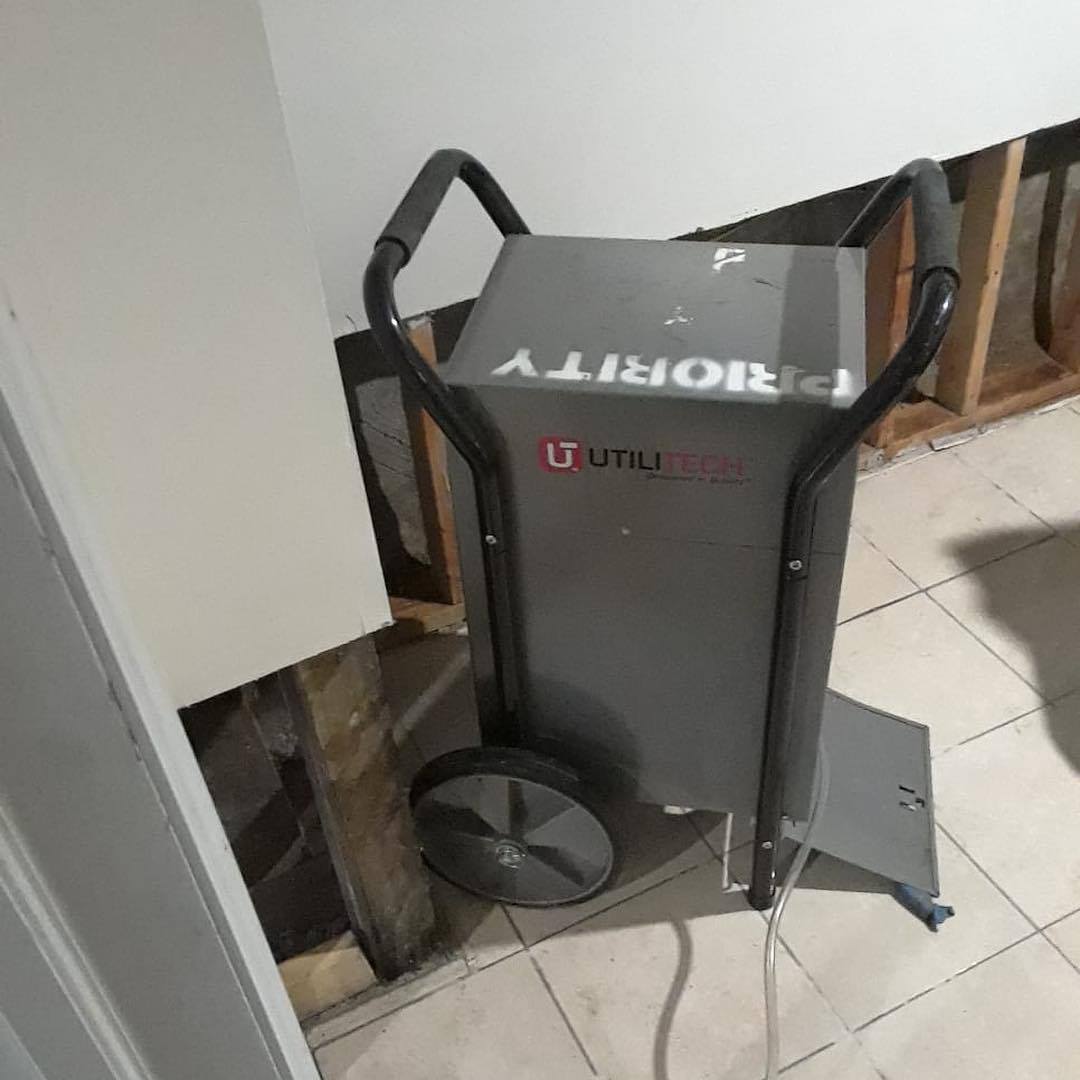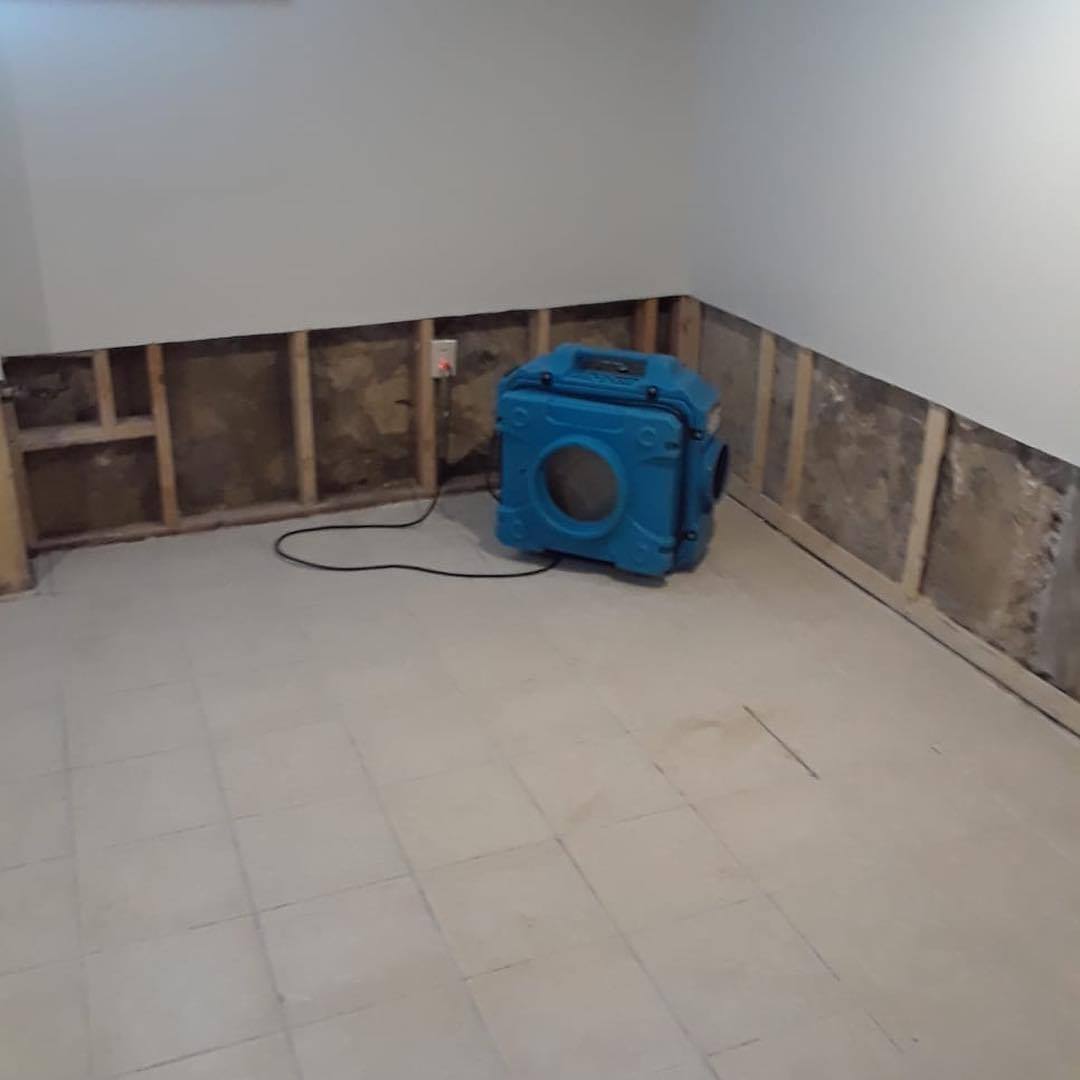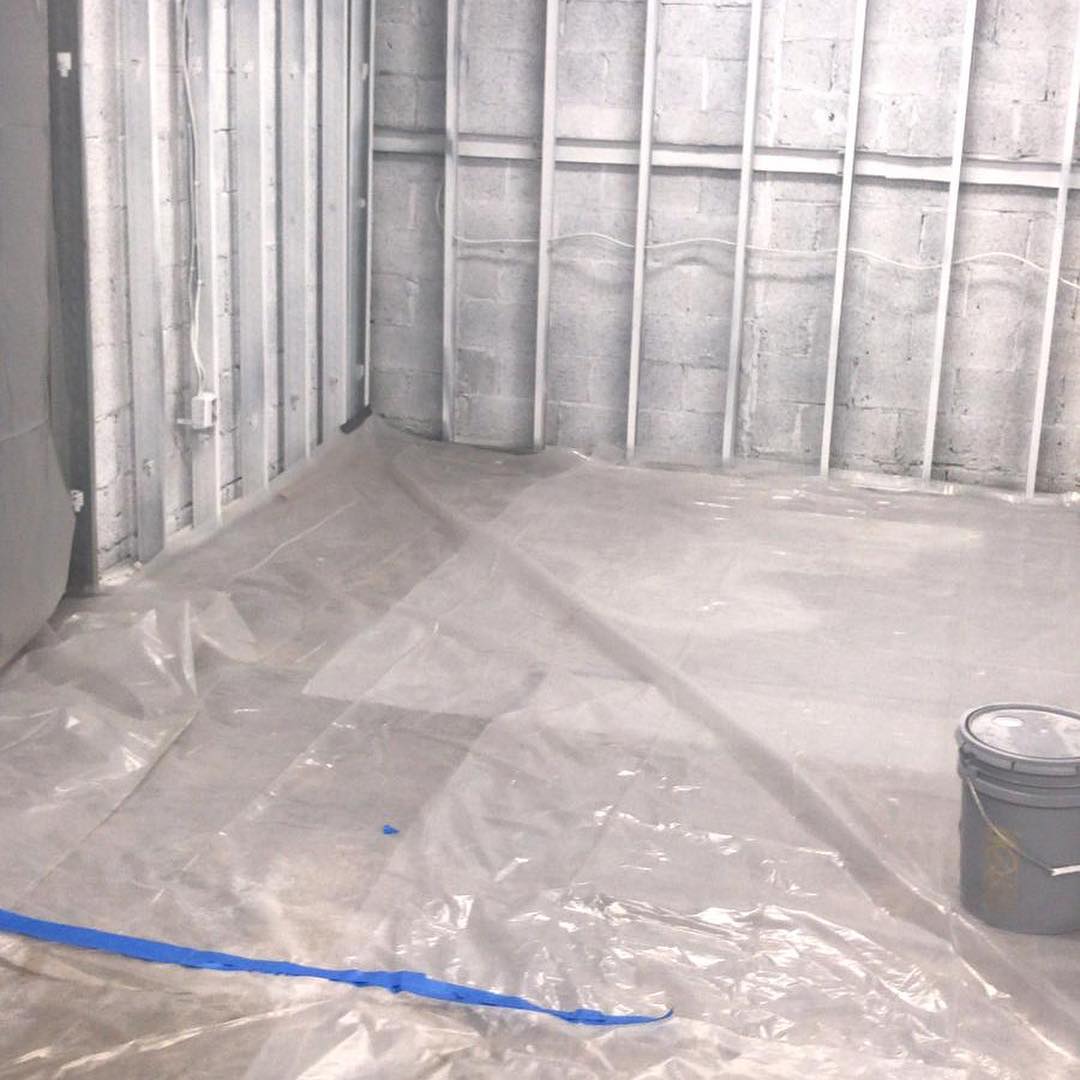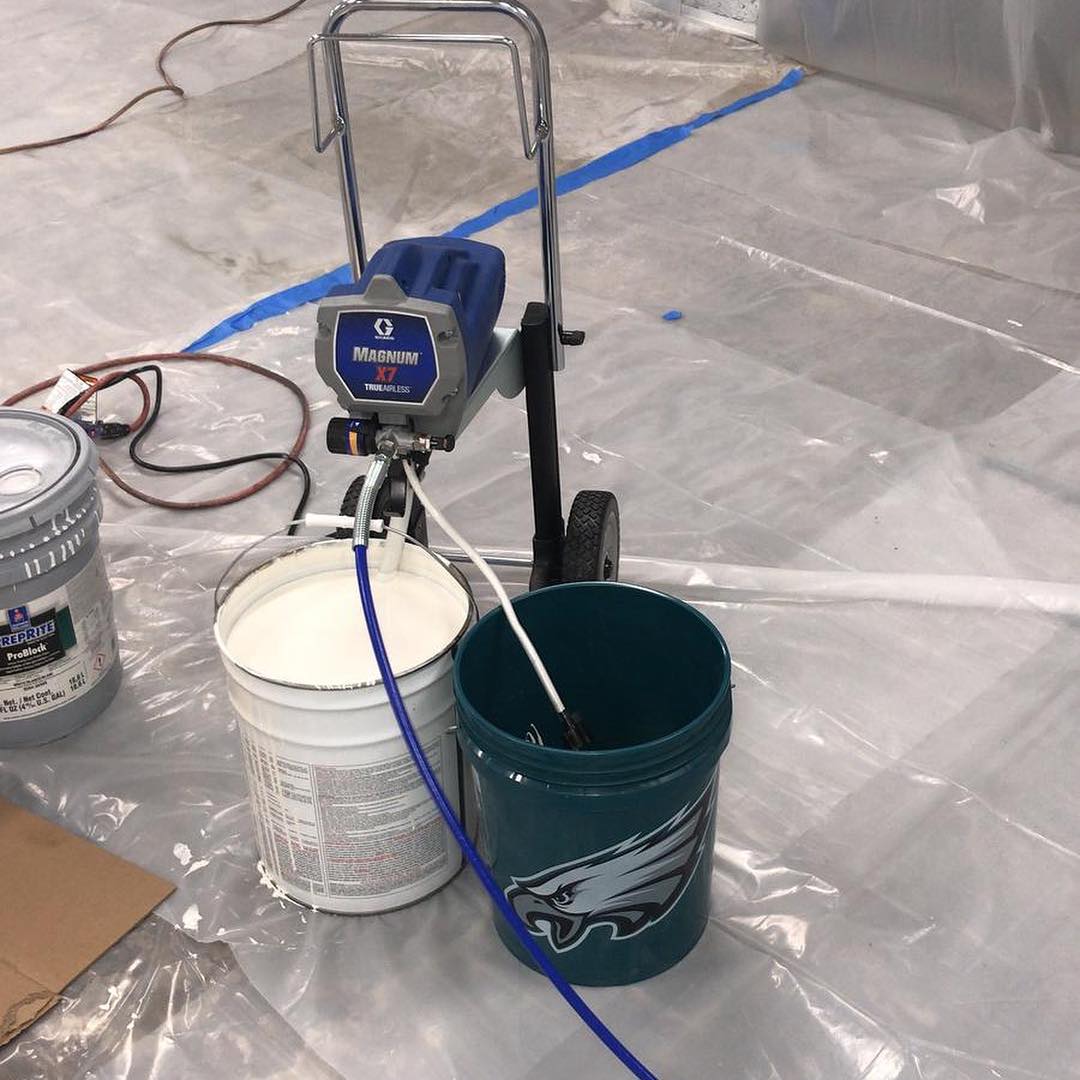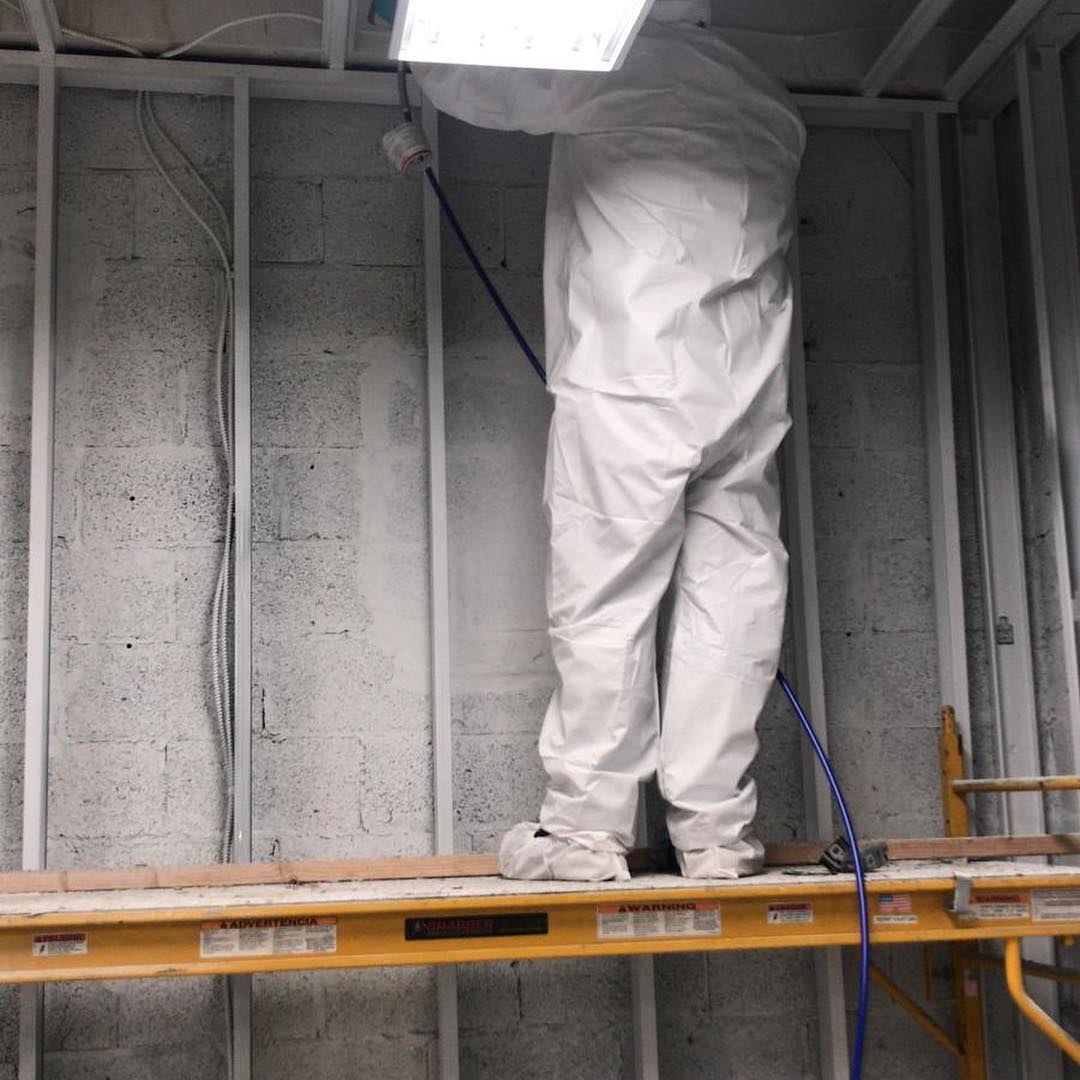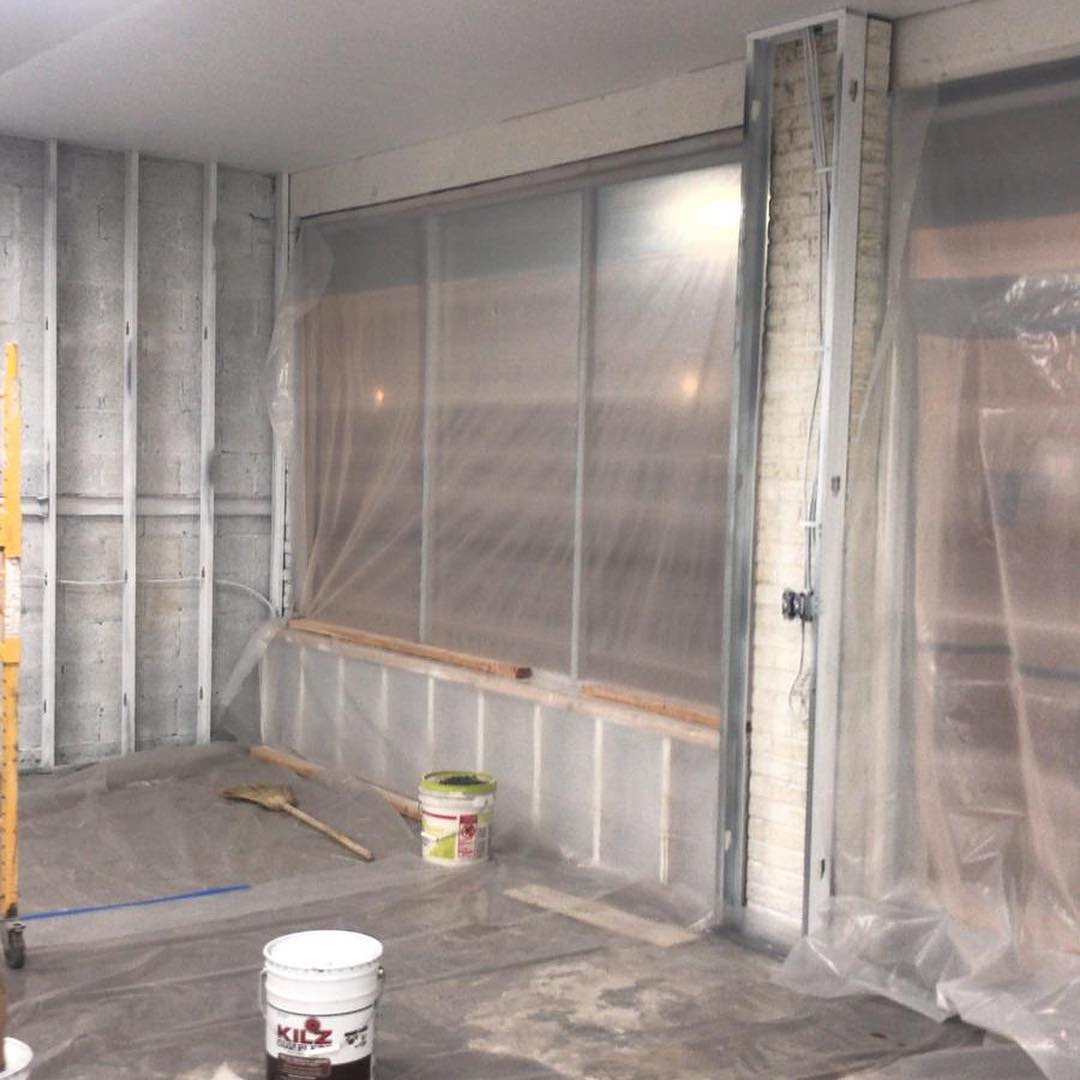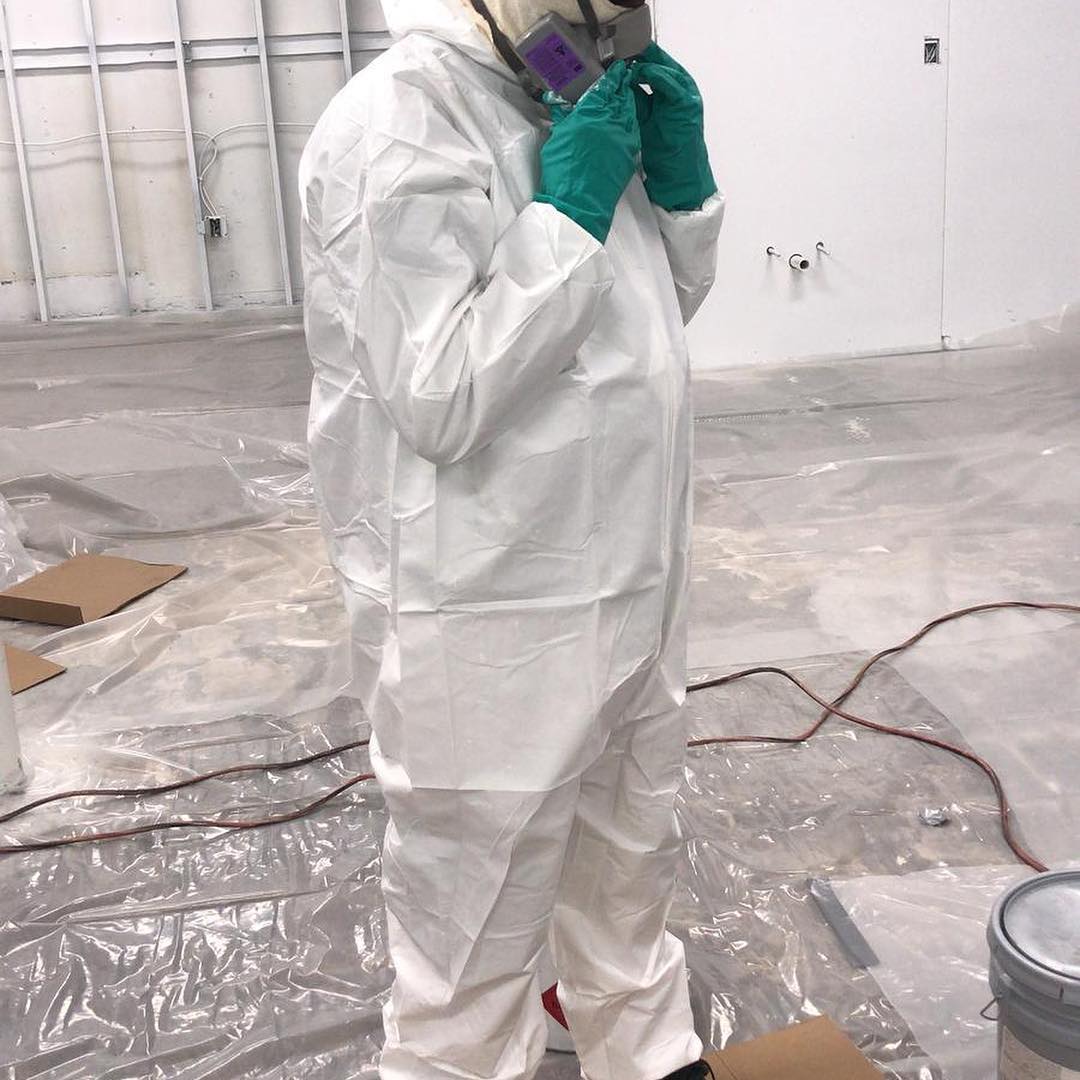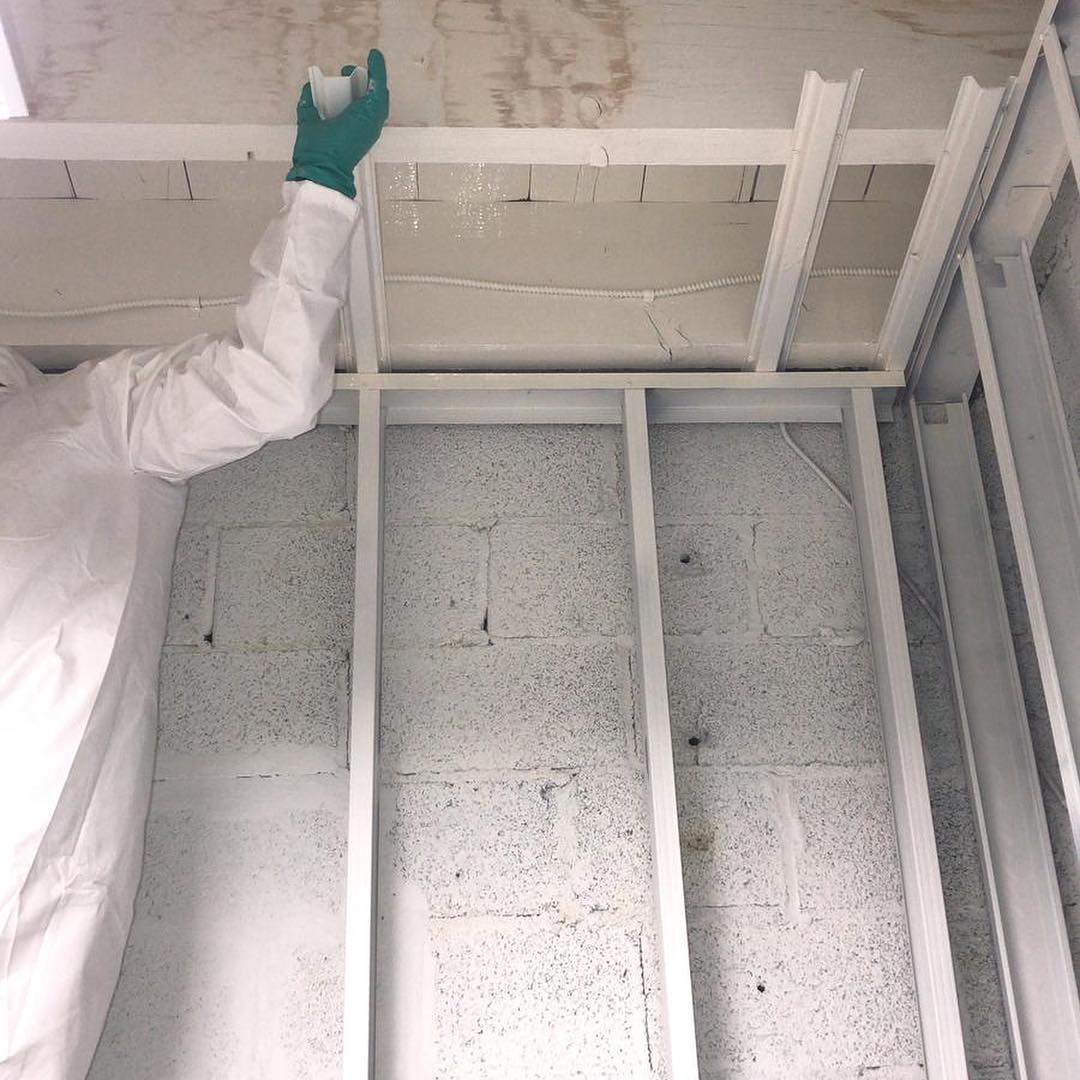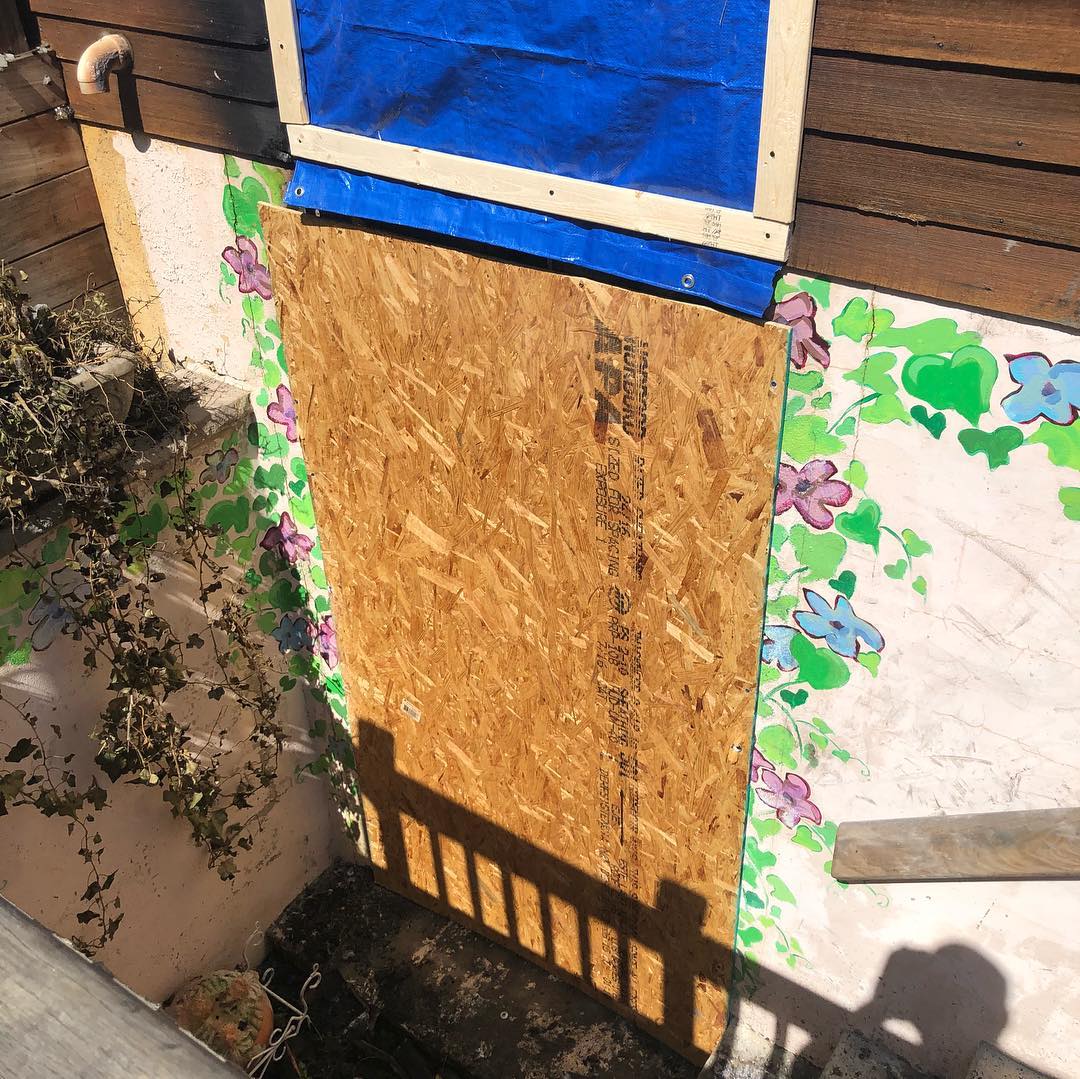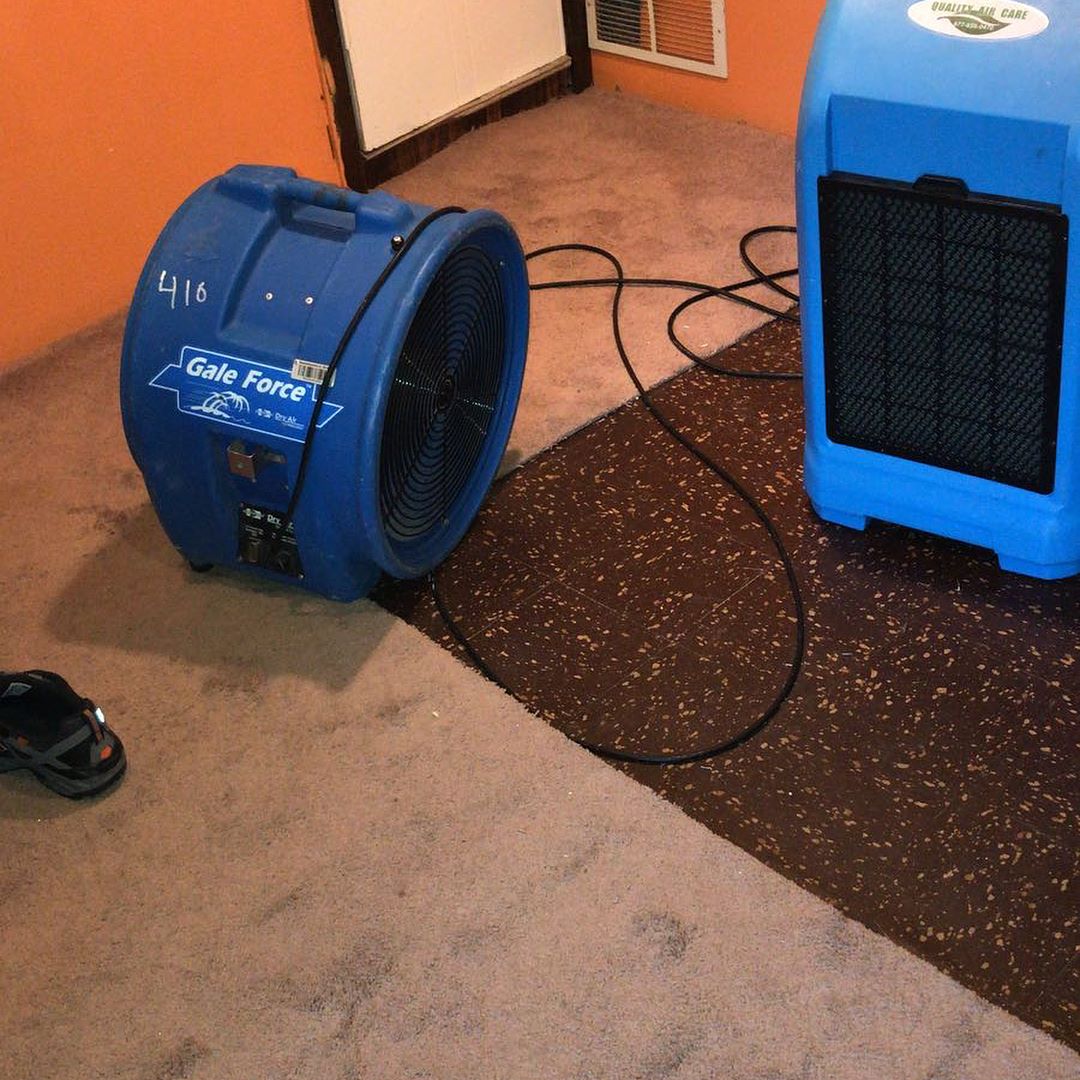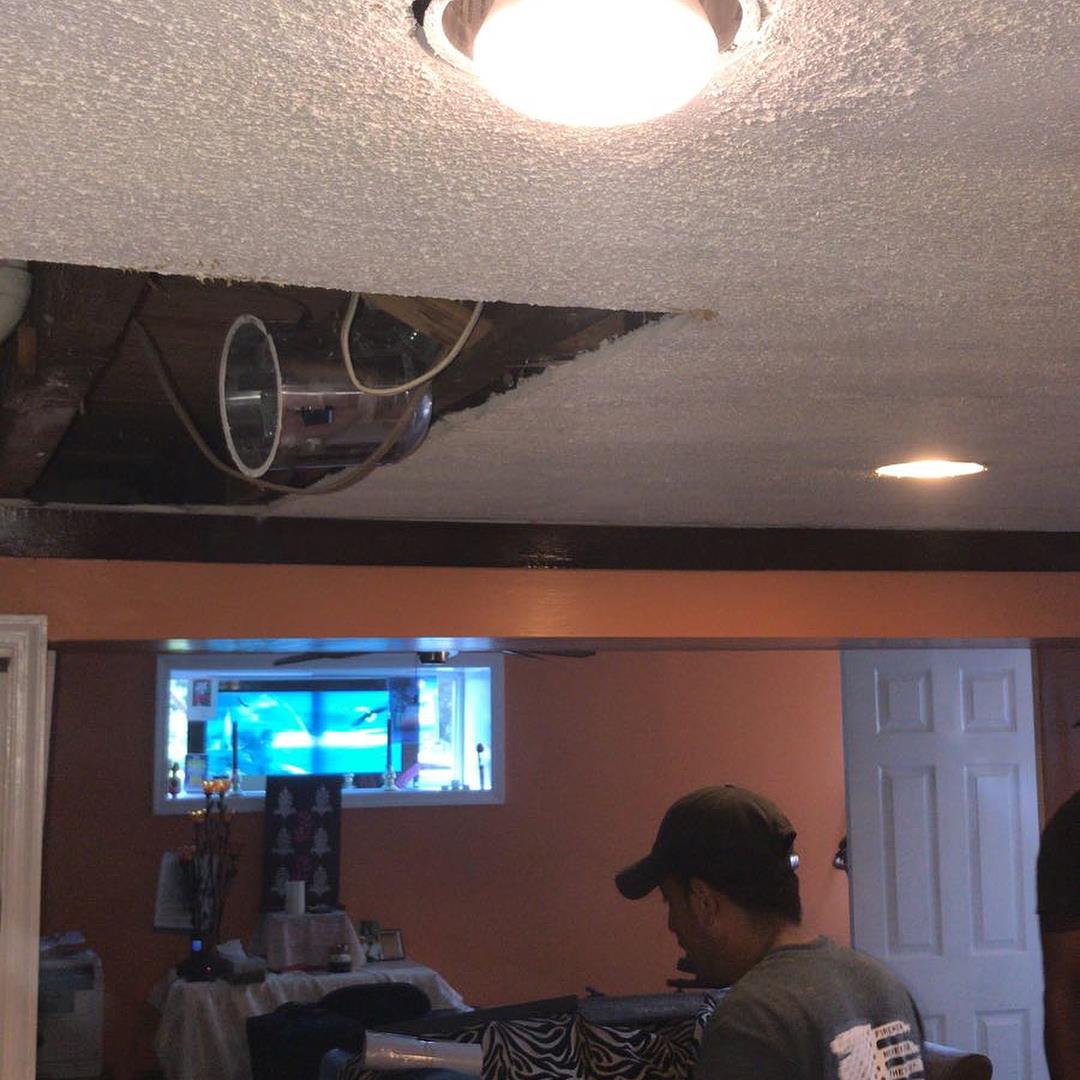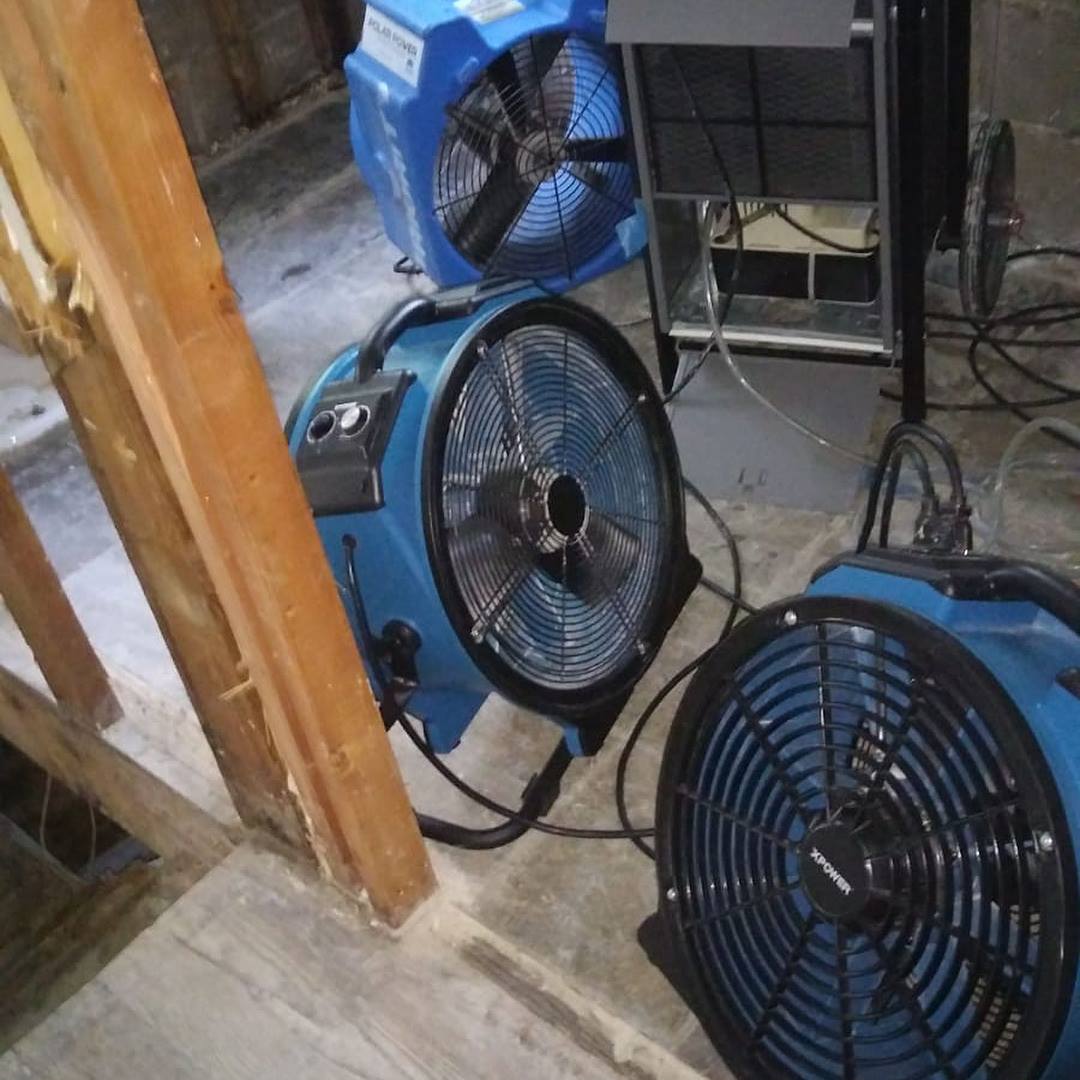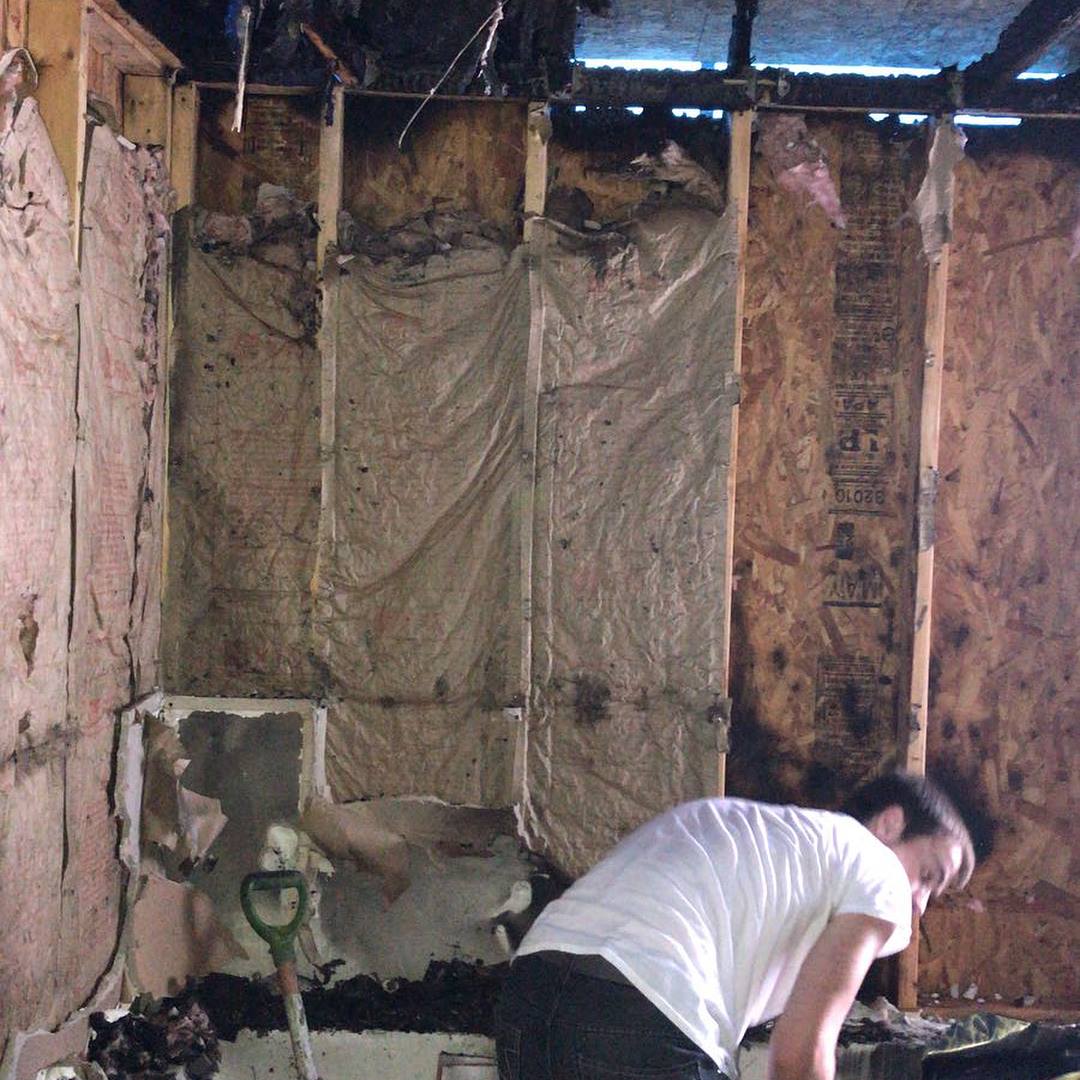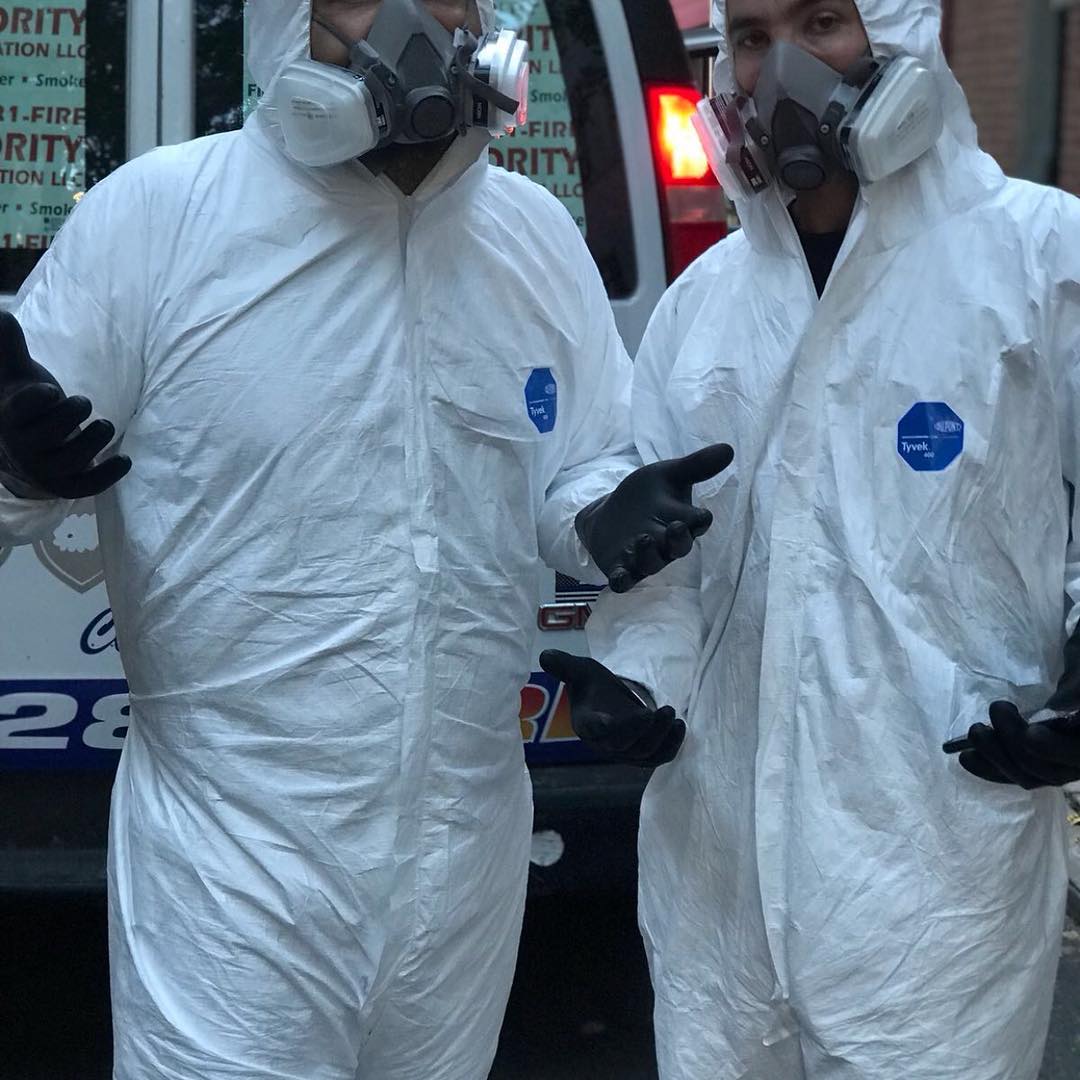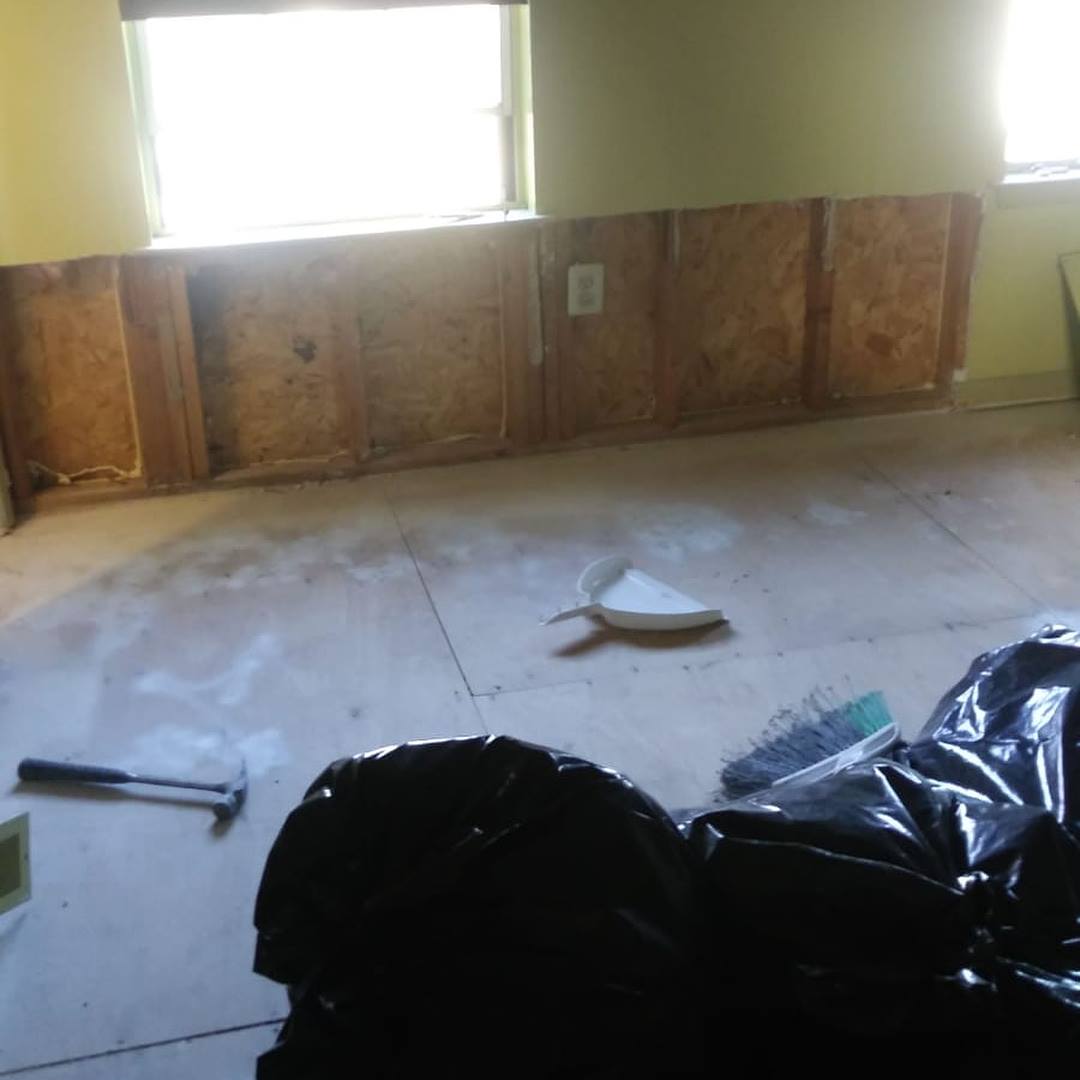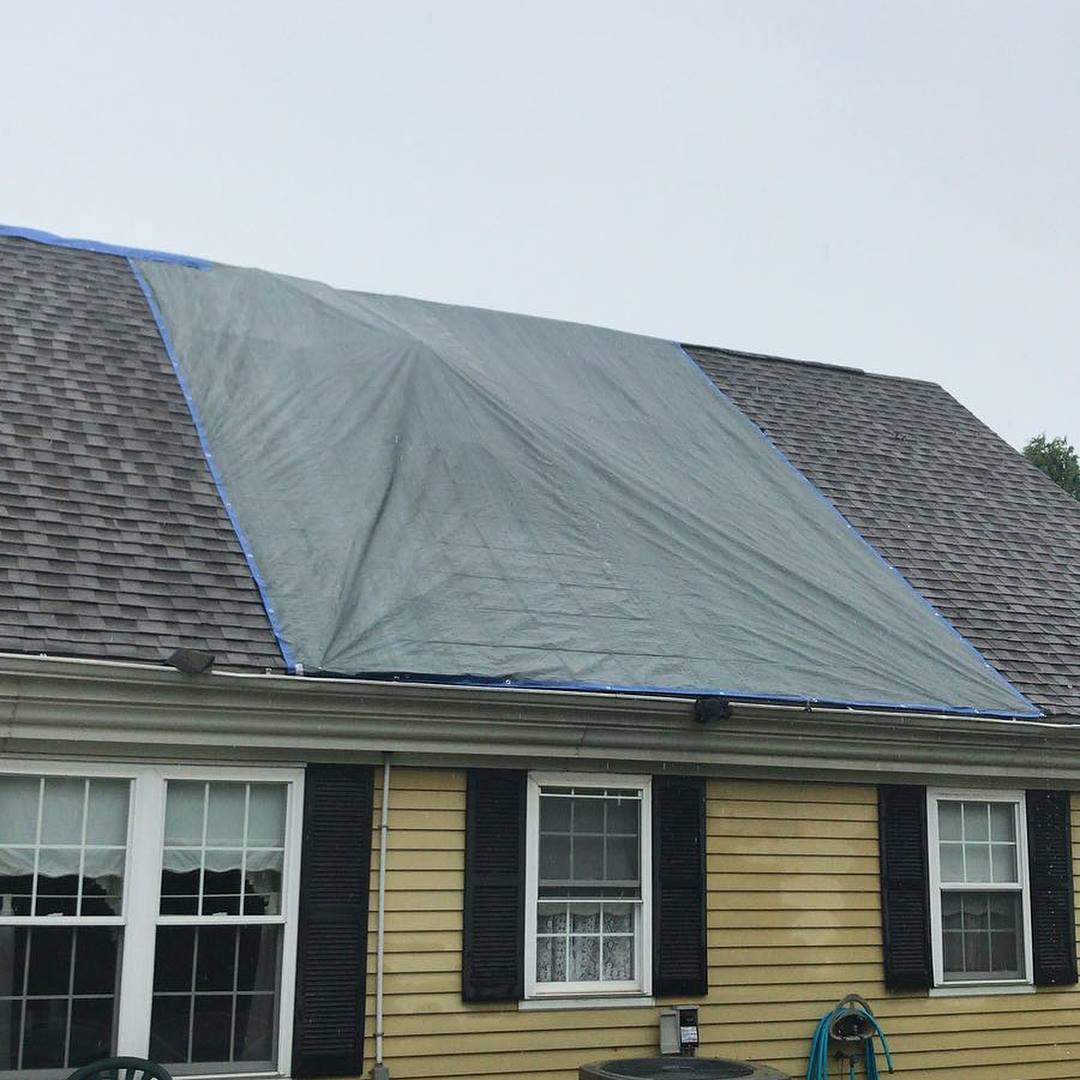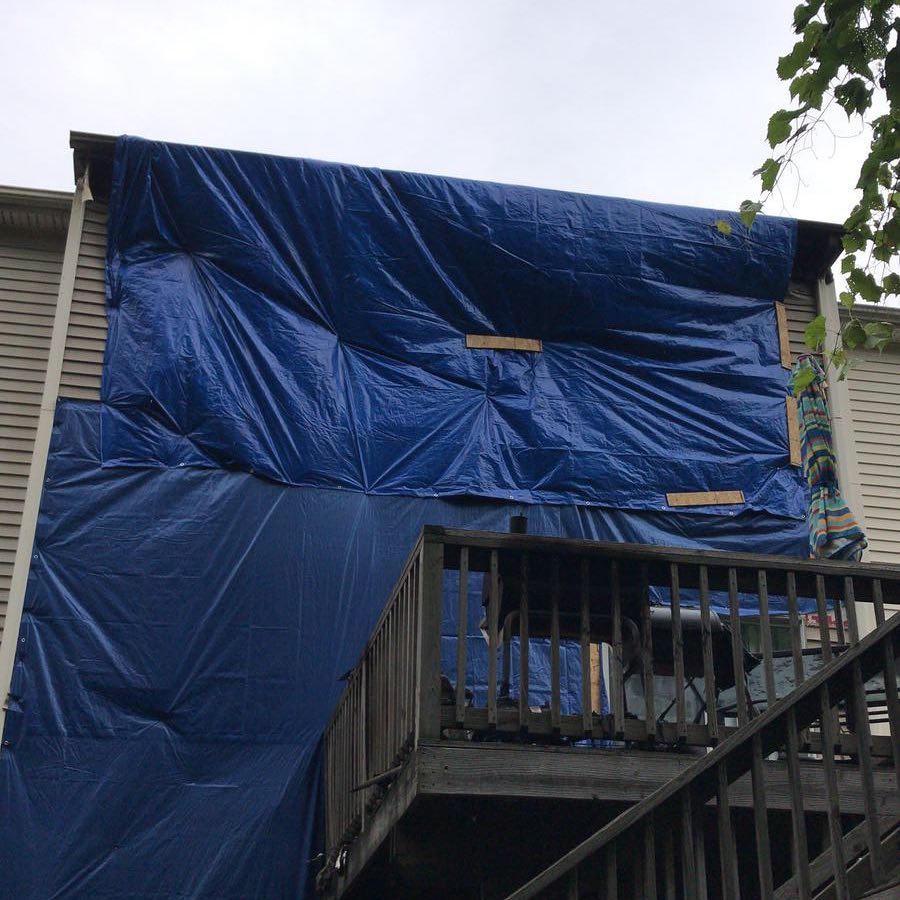
When dealing with floor water damage, you need a reliable and local team of Philly damage restoration experts in your corner. We've restored 100s of properties, both residential and commercial, in the Philly area and we're ready to come out and help you 24/7.
We're certified, insured, and work with all insurance companies. We understand how overwhelming it can be dealing with unexpected damage so let us assist you with your claim so you can focus on getting your life back on track.

Request a Free Estimate
or call (445) 234-4123
By submitting the form, you agree to our Terms of Service and Privacy Policy.
Floor water damage is a common but often underestimated problem that can cause extensive damage to your home if not addressed promptly and effectively. At Philly Damage Restoration, we specialize in water damage restoration, offering comprehensive solutions for residential and commercial properties. In this article, we will delve into the causes of floor water damage, provide advice on how to handle it, and discuss the role of residential insurance policies in mitigating the costs associated with such damage.
Causes of Floor Water Damage
Understanding the root causes of floor water damage is essential in preventing and addressing the issue. Here are some common causes:
- Leaking or Burst Pipes: One of the most common causes of water damage is leaking or burst pipes. This can occur due to various factors, such as aging pipes, high water pressure, or freezing temperatures.
- Appliance Malfunctions: Household appliances like washing machines, dishwashers, and refrigerators can malfunction and leak water, leading to significant floor damage.
- Roof Leaks: A damaged or aging roof can allow water to seep into your home, affecting the floors and causing water damage.
- Flooding: Natural disasters such as floods can cause immediate and severe water damage to floors. Floodwater often contains contaminants, making the restoration process more complex.
- Poor Drainage Systems: Inadequate drainage systems around your home can lead to water accumulation and seepage into your floors, especially during heavy rainfall.
- HVAC System Issues: Problems with your heating, ventilation, and air conditioning (HVAC) system can result in water leaks and floor damage.
Identifying Floor Water Damage
Recognizing the signs of floor water damage early can help you take prompt action to mitigate further damage. Here are some indicators to look out for:
- Discoloration: Water damage often causes discoloration or dark spots on floors, especially on hardwood and laminate floors.
- Warping and Buckling: Wood and laminate floors may warp or buckle due to prolonged exposure to water.
- Musty Odors: A persistent musty smell can indicate mold growth, a common consequence of water damage.
- Soft or Spongy Floors: If your floors feel soft or spongy underfoot, it could be a sign of water damage affecting the subfloor.
- Visible Mold: Mold growth on or around the floor area is a clear indication of water damage.
Steps to Take When You Discover Floor Water Damage
- Act Quickly: Time is of the essence when dealing with water damage. The longer water sits on your floors, the more damage it can cause.
- Identify the Source: Determine the source of the water and stop it if possible. This may involve shutting off the main water supply or addressing a roof leak.
- Remove Excess Water: Use a wet/dry vacuum or mop to remove as much standing water as possible. The quicker you can get rid of the water, the better.
- Dry the Area: Use fans, dehumidifiers, and open windows to promote air circulation and dry the affected area. Professional equipment may be necessary for extensive damage.
- Clean and Disinfect: Clean and disinfect the affected area to prevent mold growth and eliminate any bacteria or contaminants present in the water.
- Inspect for Mold: Mold can begin to grow within 24-48 hours after water damage occurs. If you notice any signs of mold, it's crucial to address it immediately.
- Call a Professional: For significant water damage, it's advisable to call a professional restoration company like Philly Damage Restoration. We have the expertise and equipment to handle the restoration process effectively.
The Role of Homeowners Insurance Policies
Residential insurance policies can be a lifesaver when dealing with the financial burden of water damage. Here’s what you need to know about how insurance can help:
- Types of Coverage: Homeowners insurance policies typically cover sudden and accidental water damage, such as from burst pipes or appliance malfunctions. However, they may not cover damage caused by neglect or lack of maintenance.
- Flood Insurance: Standard homeowners insurance usually does not cover flood damage. If you live in a flood-prone area, consider purchasing a separate flood insurance policy through the National Flood Insurance Program (NFIP) or a private insurer.
- Filing a Claim: If you experience water damage, document the damage with photos and contact your insurance company to start the claims process. Provide them with all necessary information and be prepared for an adjuster to inspect the damage.
- Working with Restoration Professionals: Many insurance companies work with preferred restoration companies. Philly Damage Restoration has experience working with insurance providers to ensure a smooth and efficient restoration process for our clients.
Preventing Floor Water Damage
Prevention is always better than cure. Here are some tips to help you prevent floor water damage in your home:
- Regular Maintenance: Inspect and maintain your plumbing system, roof, and appliances regularly to catch potential problems early.
- Install Water Sensors: Place water sensors near appliances and in areas prone to leaks. These sensors can alert you to water presence, allowing you to act quickly.
- Improve Drainage: Ensure that your home's drainage system is effective. Clean gutters and downspouts regularly and consider installing a sump pump in areas prone to flooding.
- Seal Gaps and Cracks: Seal any gaps or cracks in your floors, walls, and foundation to prevent water from seeping in.
- Monitor Humidity Levels: Keep indoor humidity levels in check to prevent condensation and mold growth. Use dehumidifiers if necessary.
Philly Damage Restoration: Your Partner in Floor Water Damage Restoration
At Philly Damage Restoration, we understand the stress and disruption that floor water damage can cause. Our team of experienced professionals is dedicated to providing prompt and effective restoration services to get your home back to its pre-damage condition. Here’s why you should choose us:
- Expertise and Experience: With years of experience in water damage restoration, we have the knowledge and skills to handle any situation, no matter how complex.
- Advanced Equipment: We use state-of-the-art equipment for water extraction, drying, and mold remediation to ensure thorough and efficient restoration.
- 24/7 Emergency Services: Water damage can happen at any time, which is why we offer 24/7 emergency services to address your needs promptly.
- Comprehensive Solutions: From water extraction and drying to mold remediation and repairs, we offer a full range of services to restore your home completely.
- Insurance Assistance: We work with insurance companies to help you navigate the claims process and ensure you get the coverage you deserve.
Frequently Asked Questions About Flooring Water Damage in Philly
The most common causes of floor water damage in homes include leaking or burst pipes, appliance malfunctions, roof leaks, flooding, poor drainage systems, and HVAC system issues. These problems can result in water seeping into your floors, causing significant damage if not addressed promptly.





















